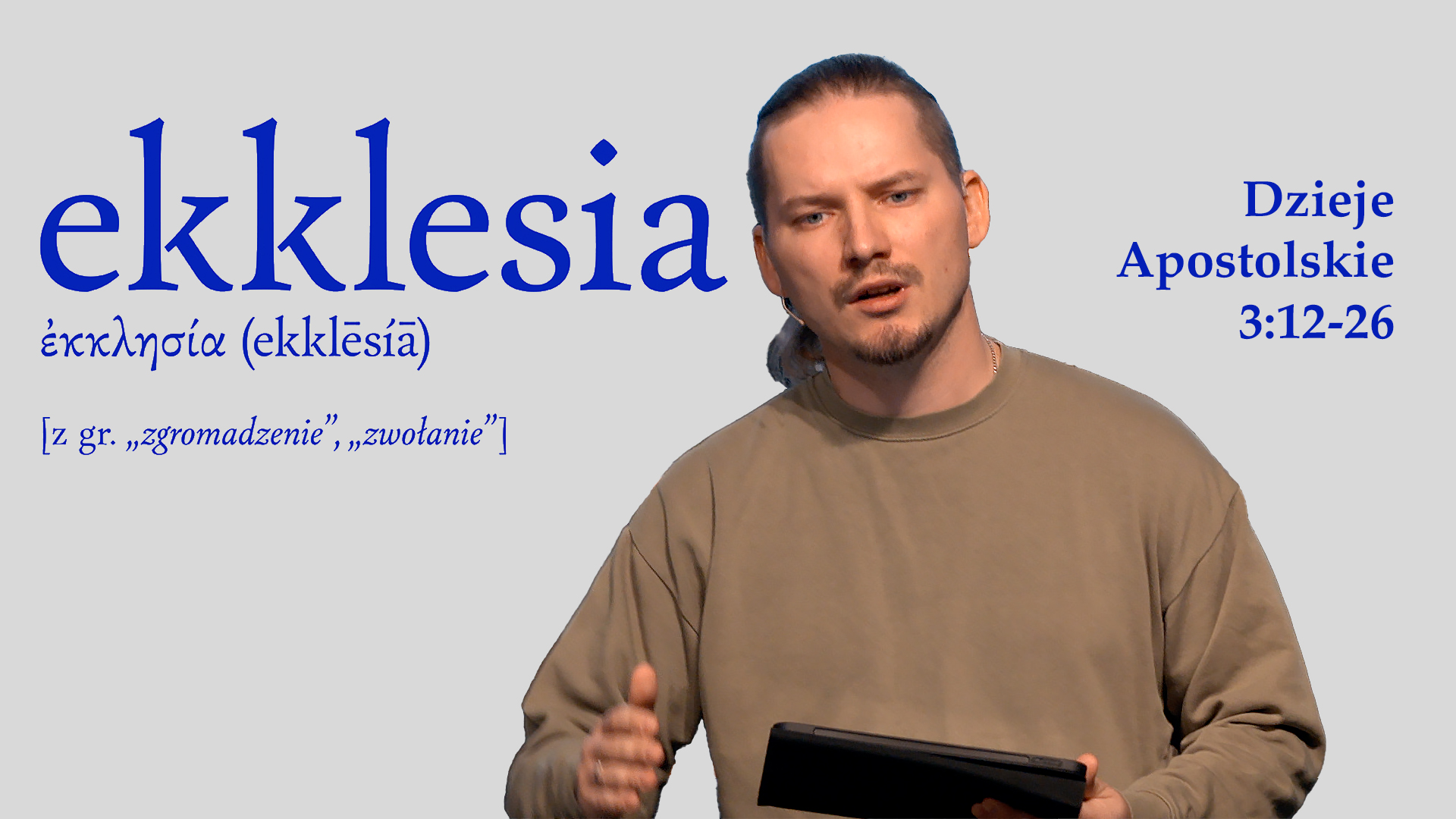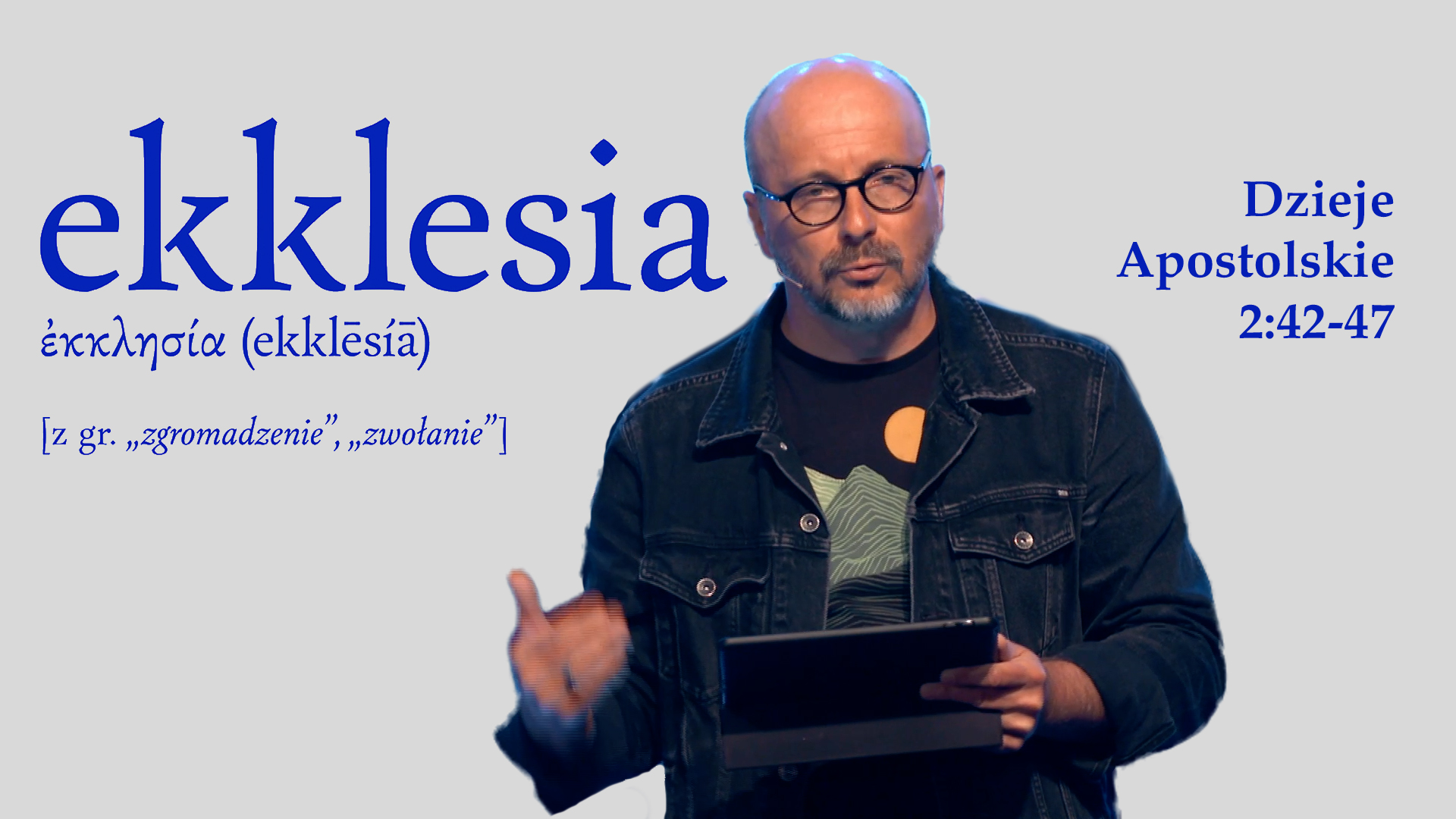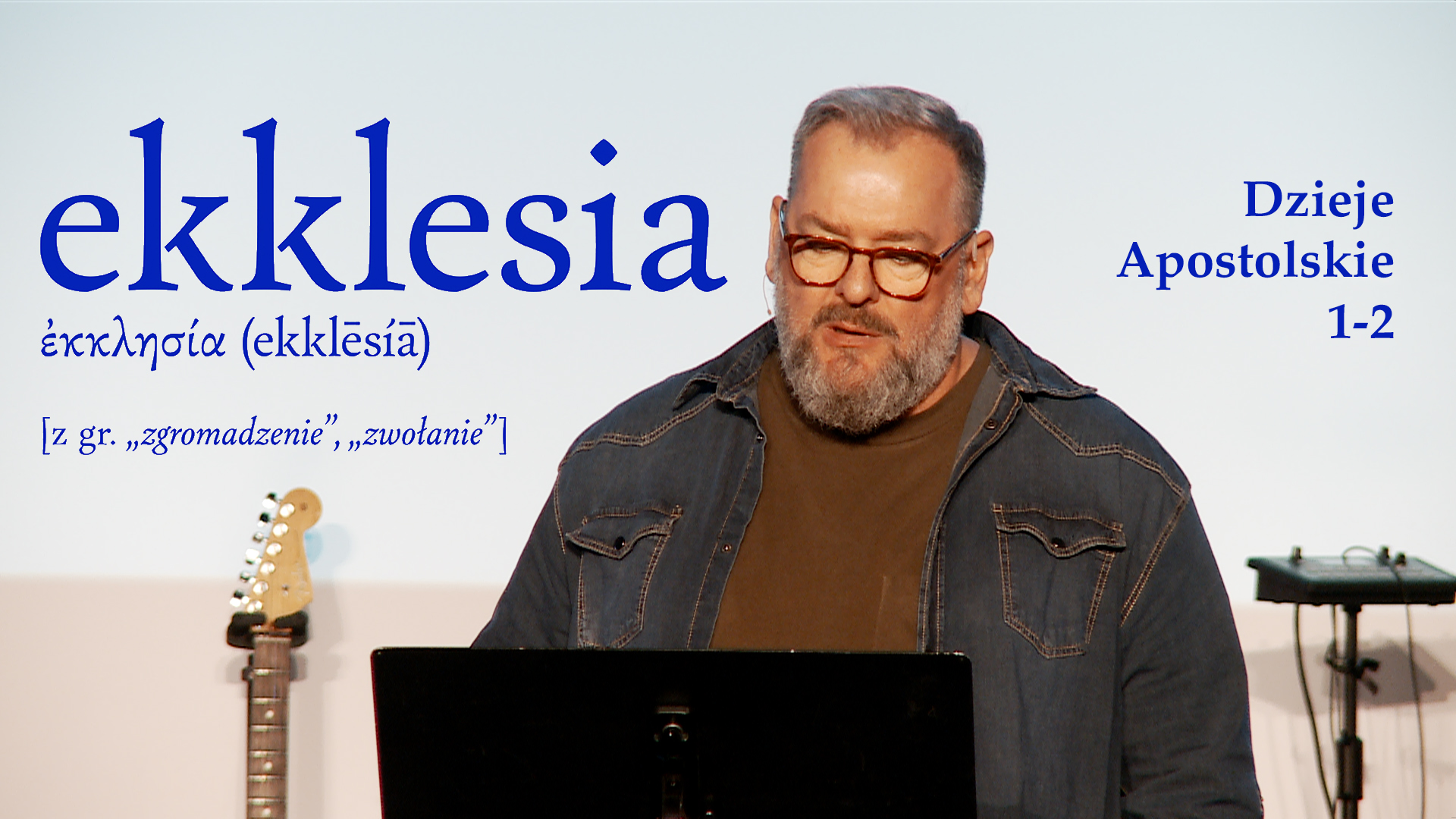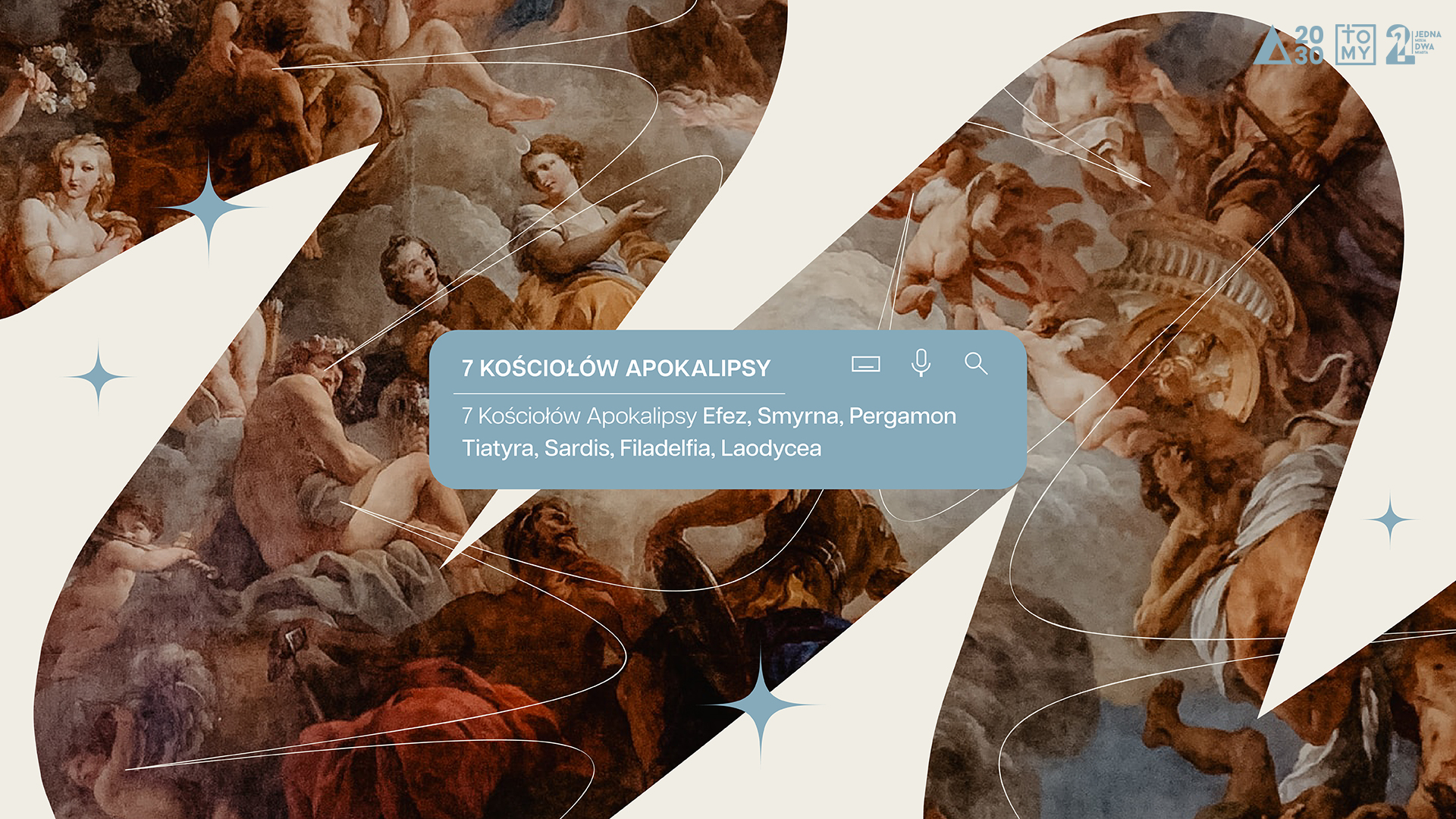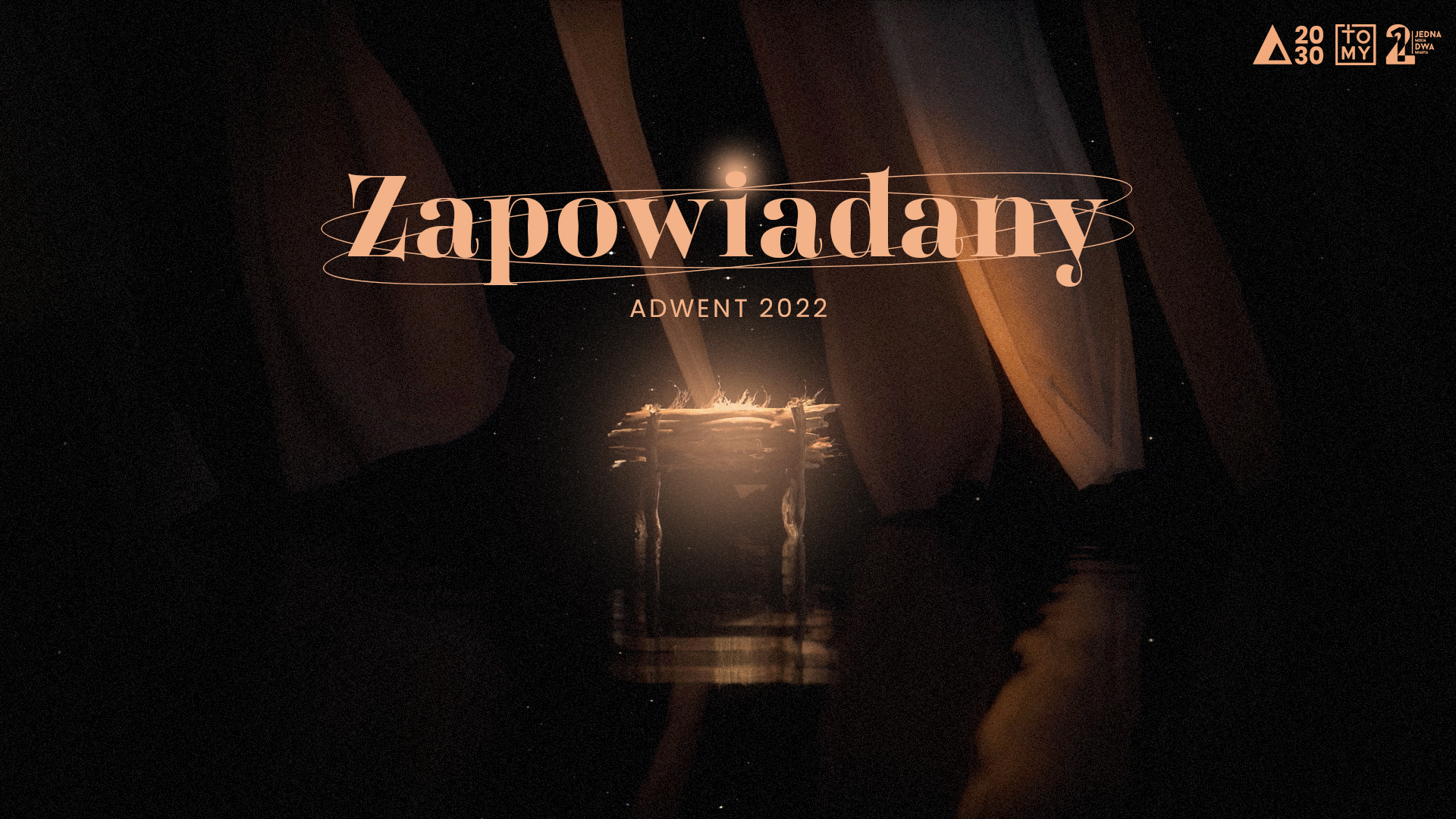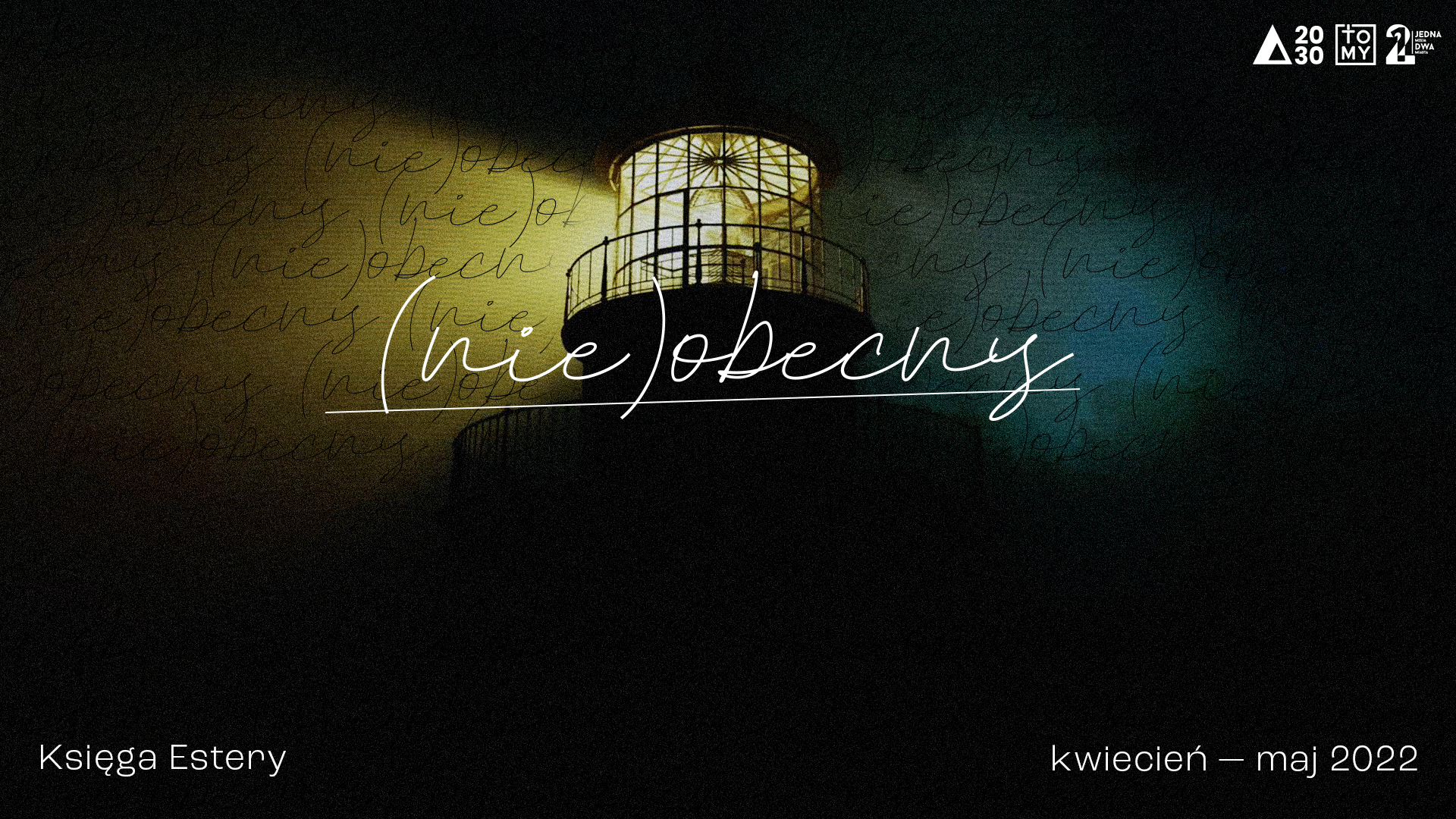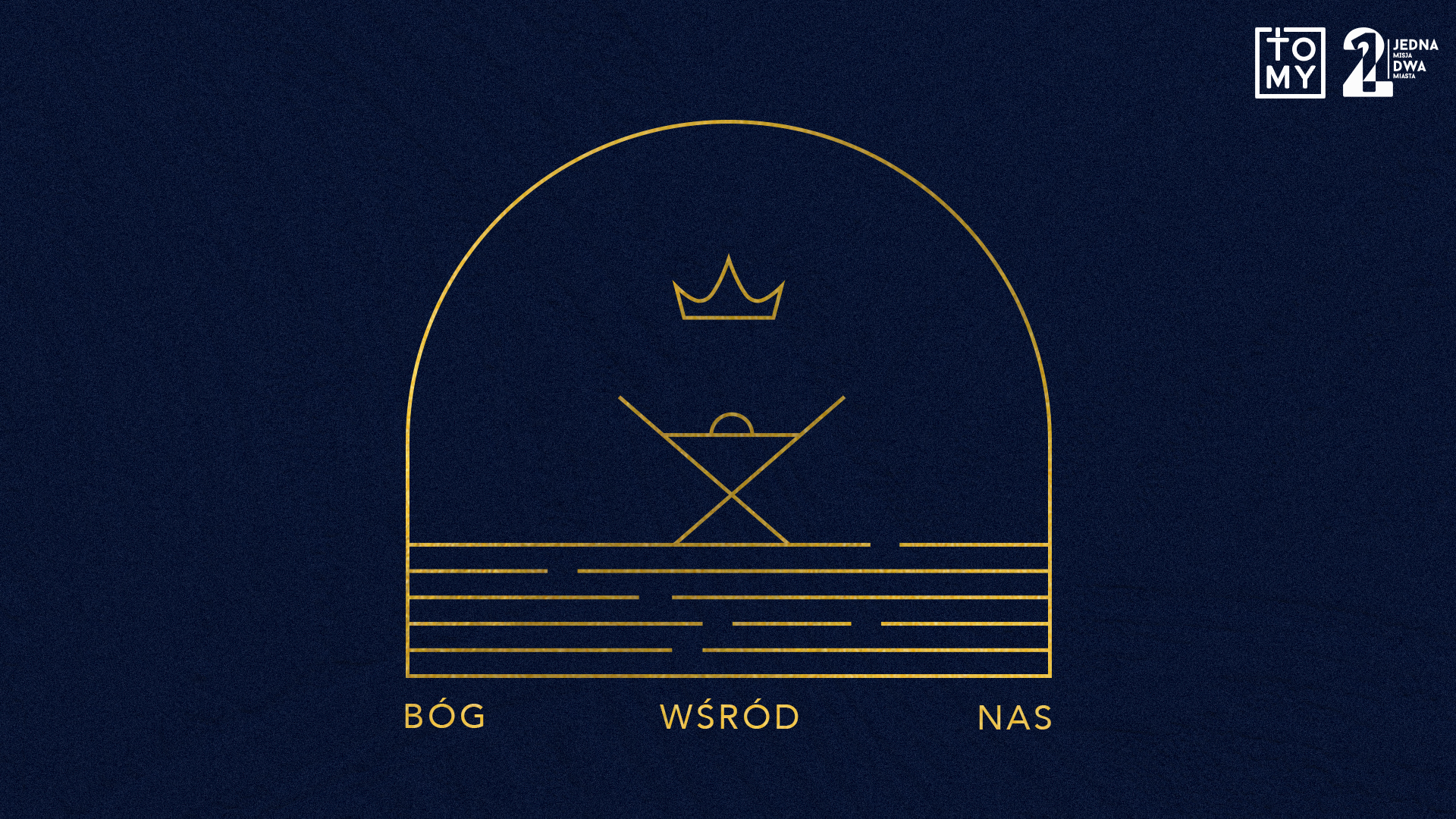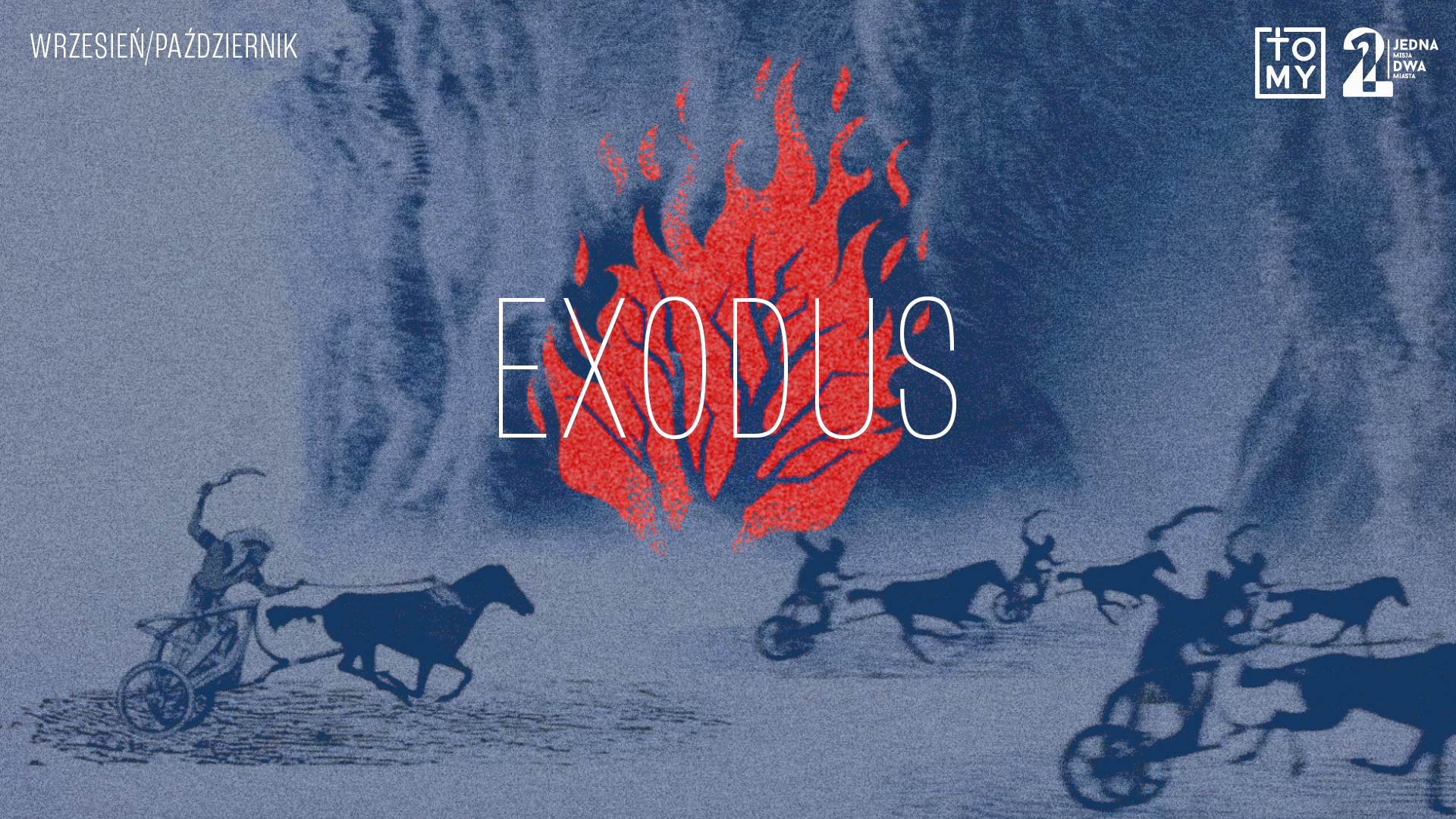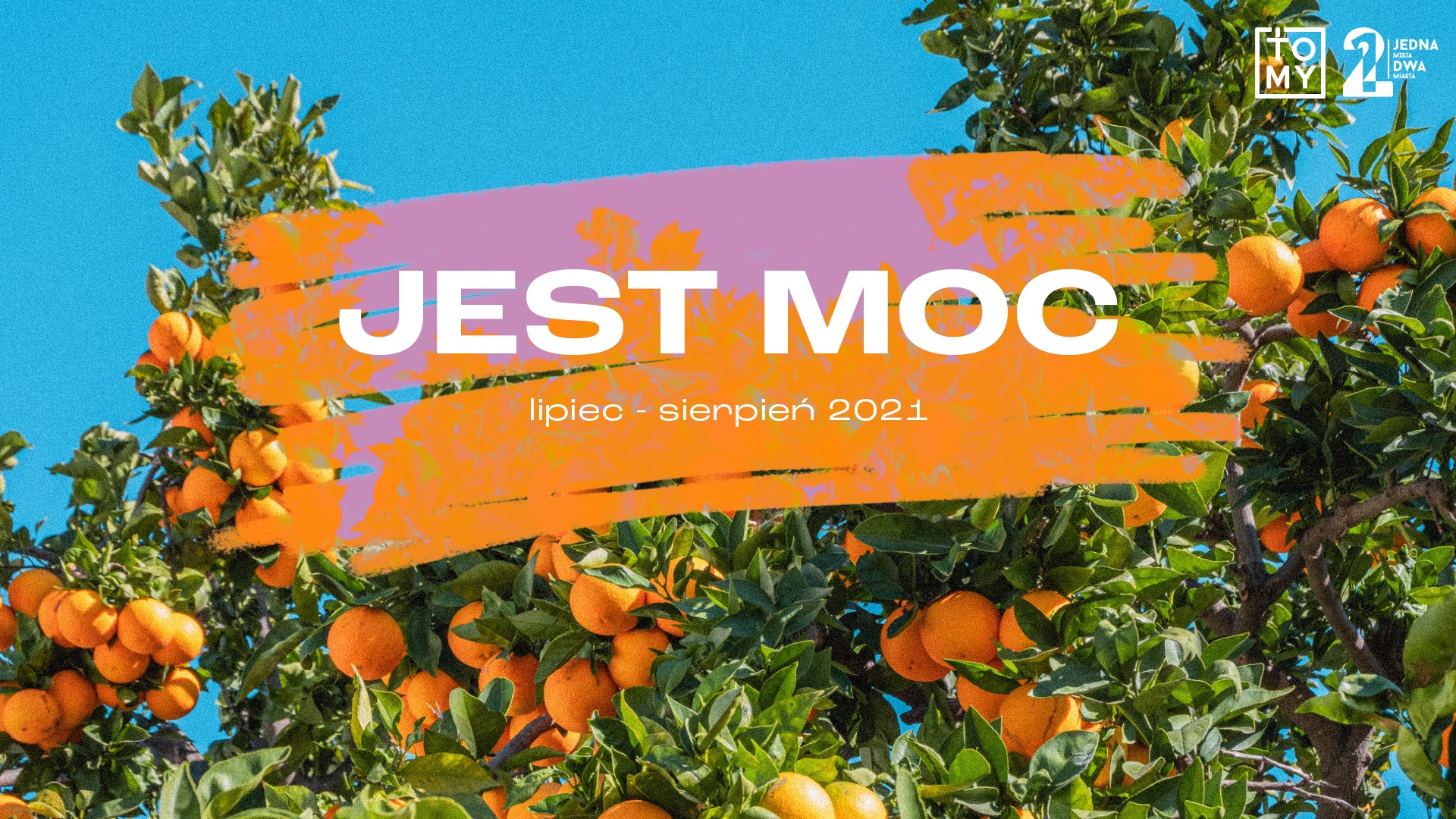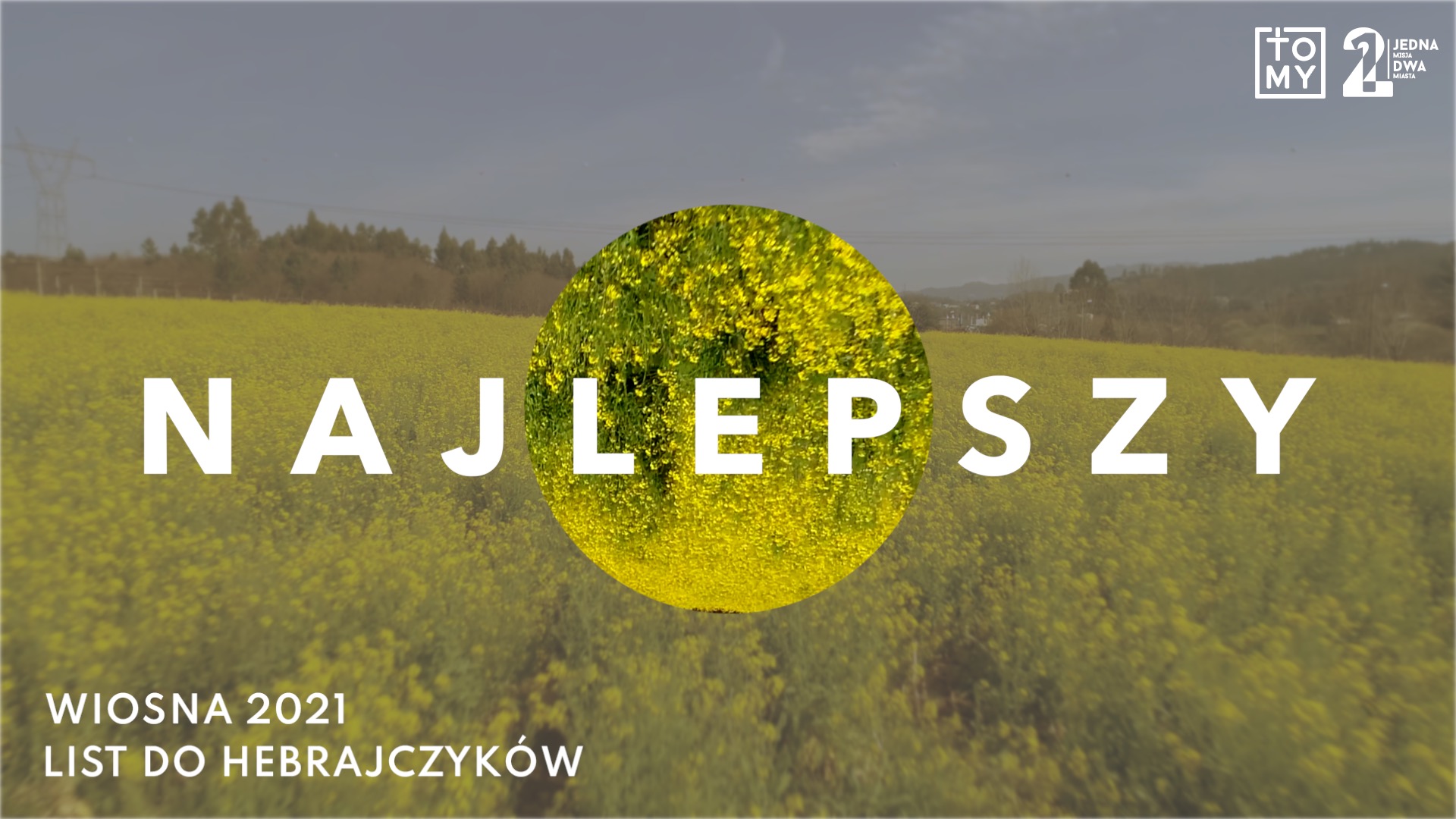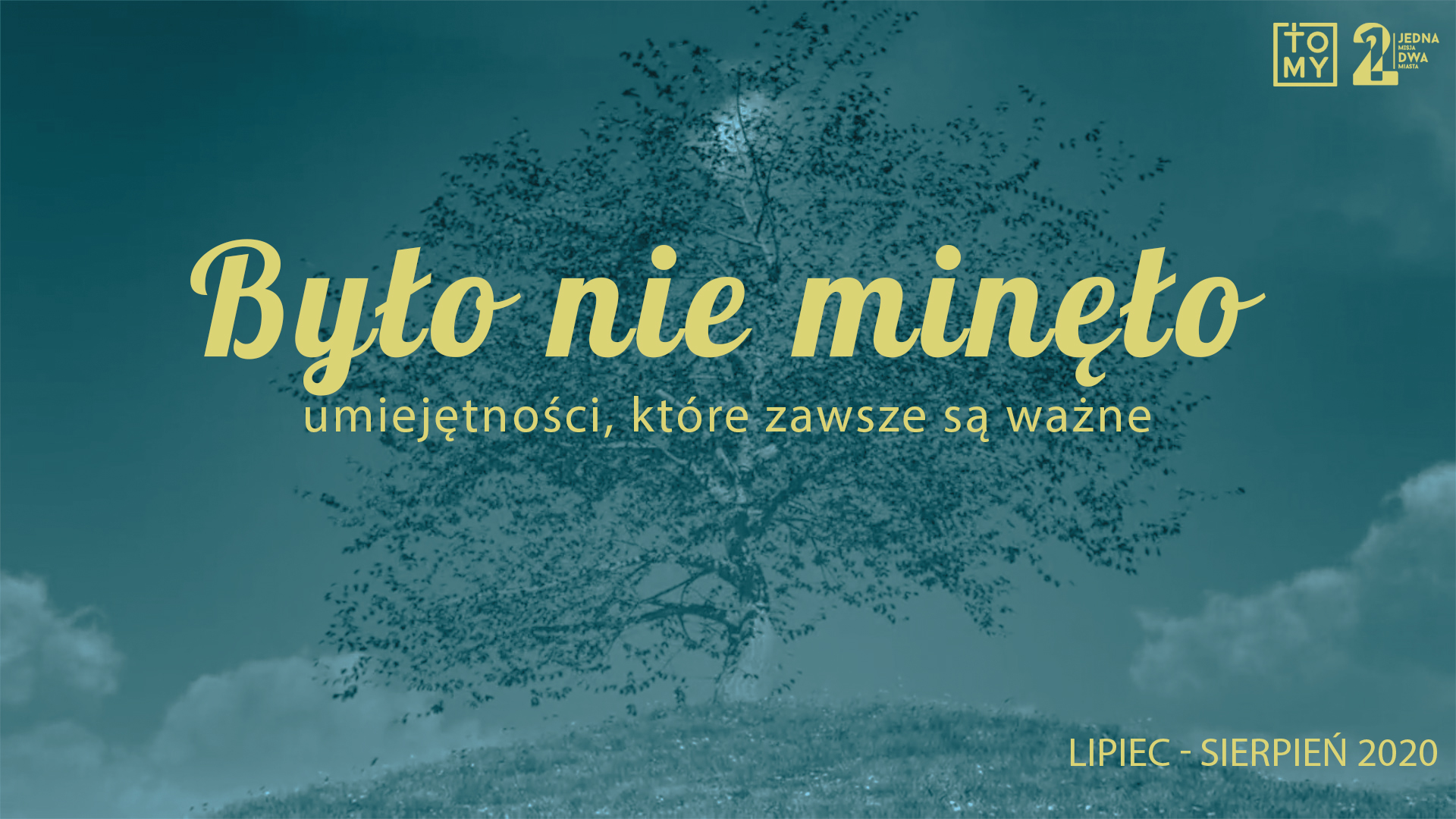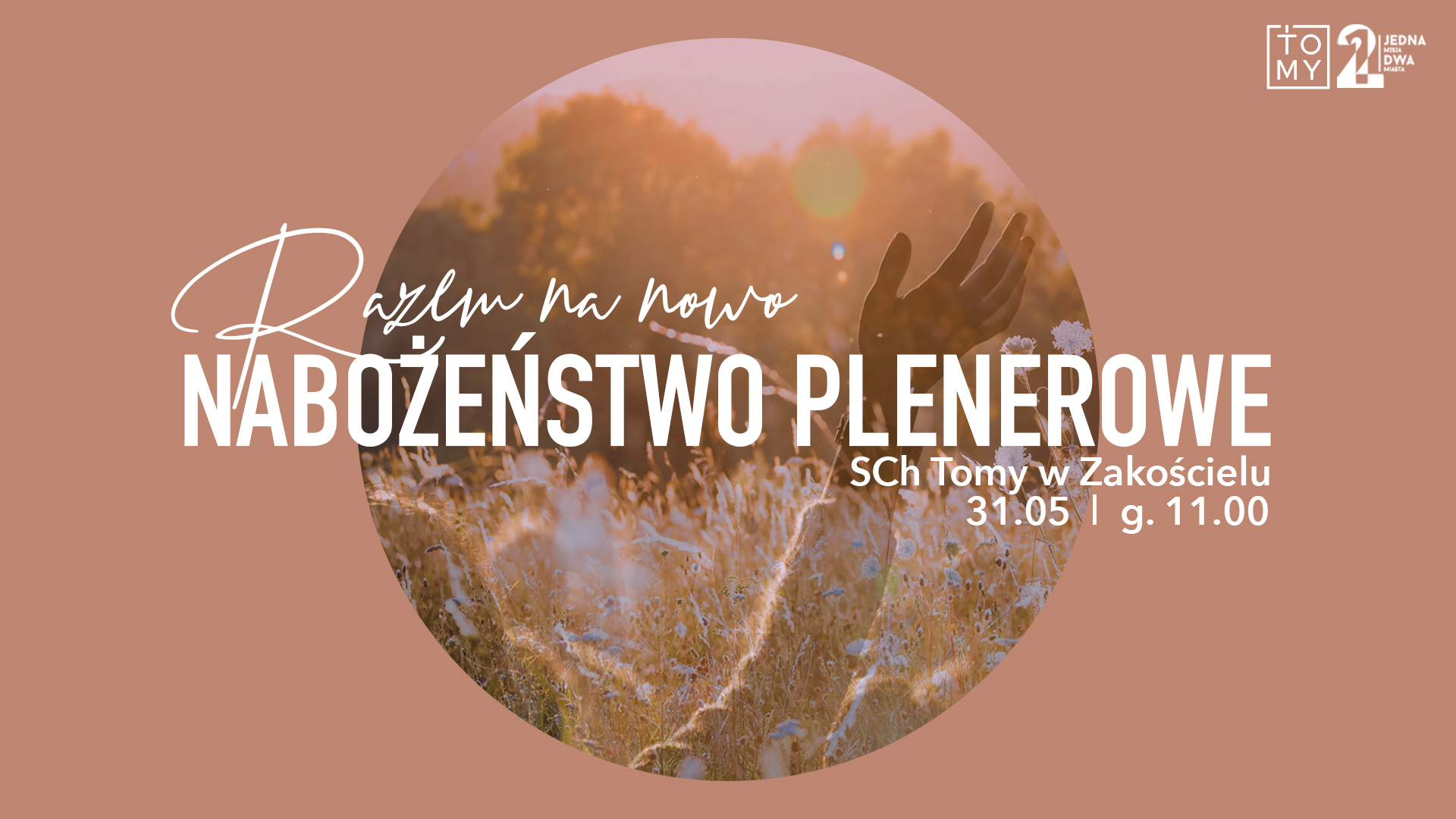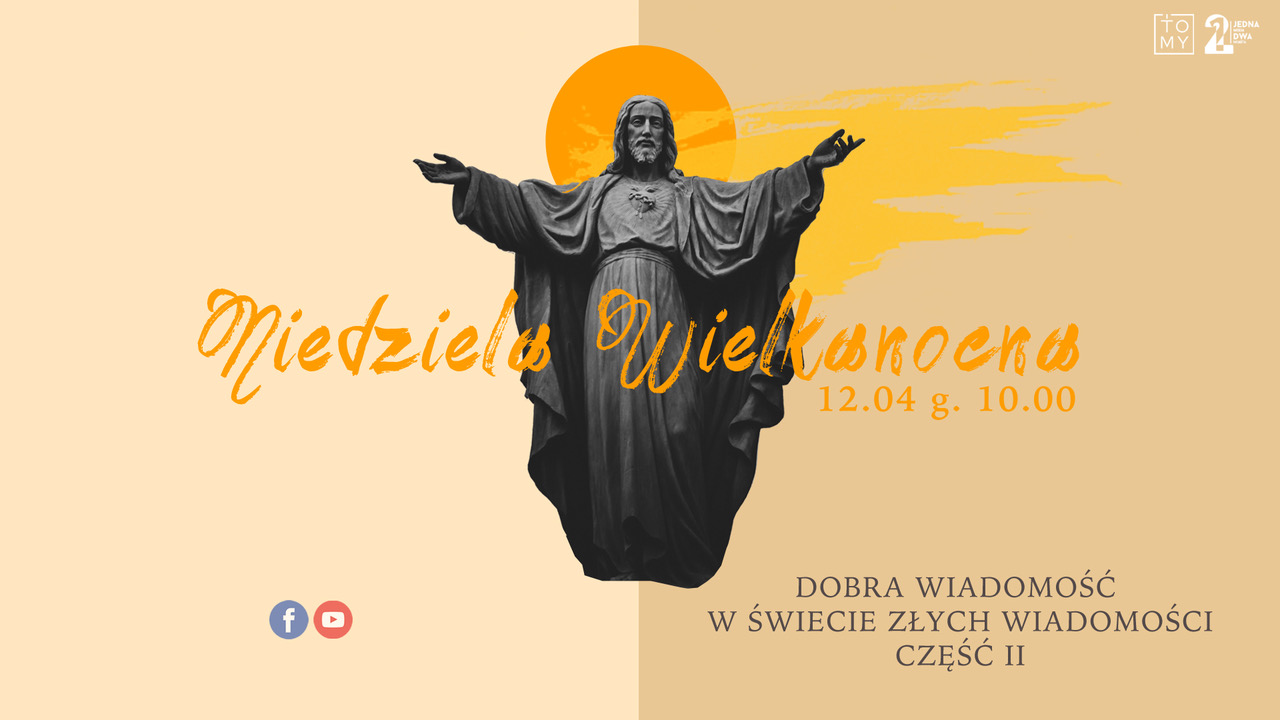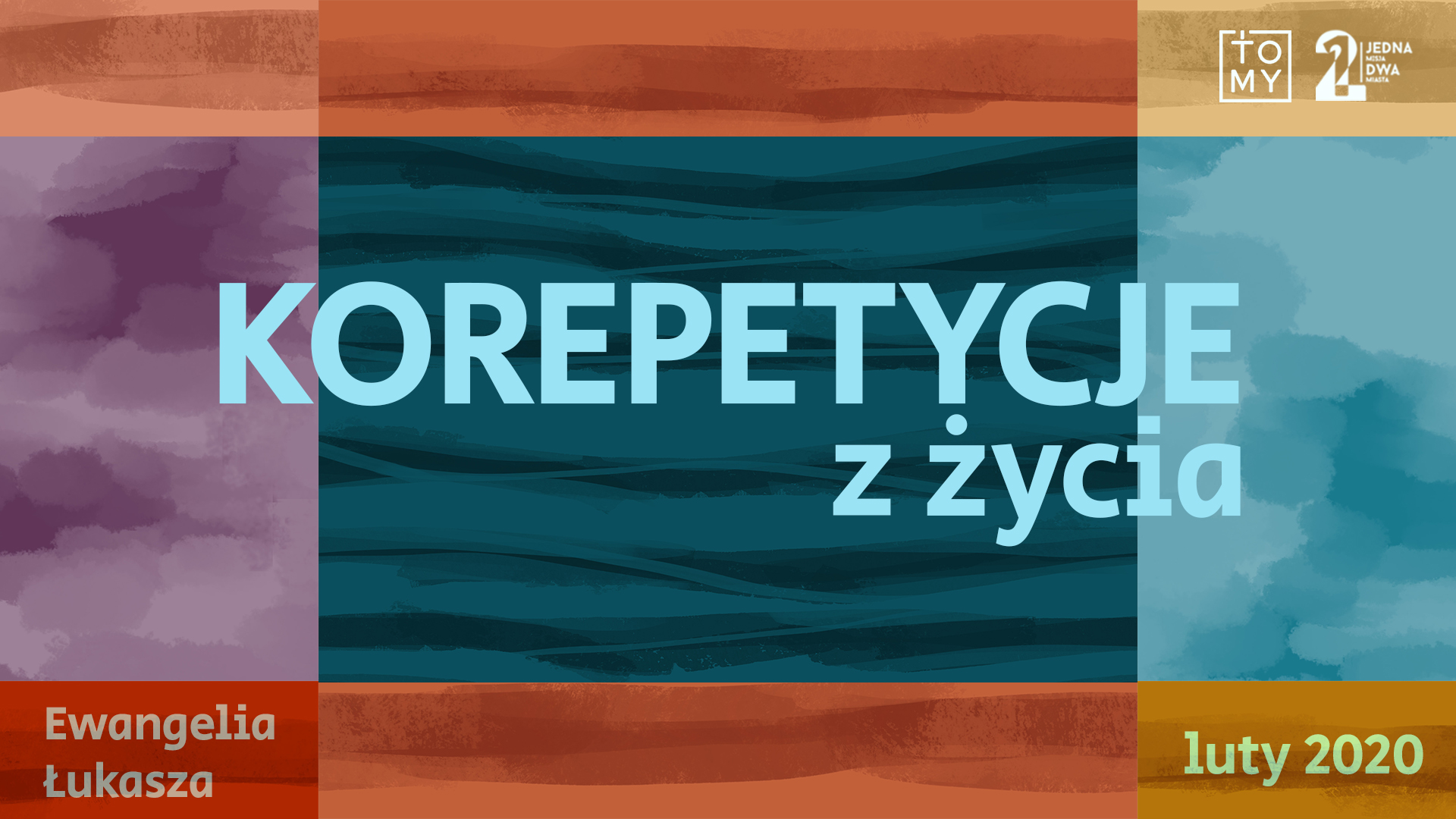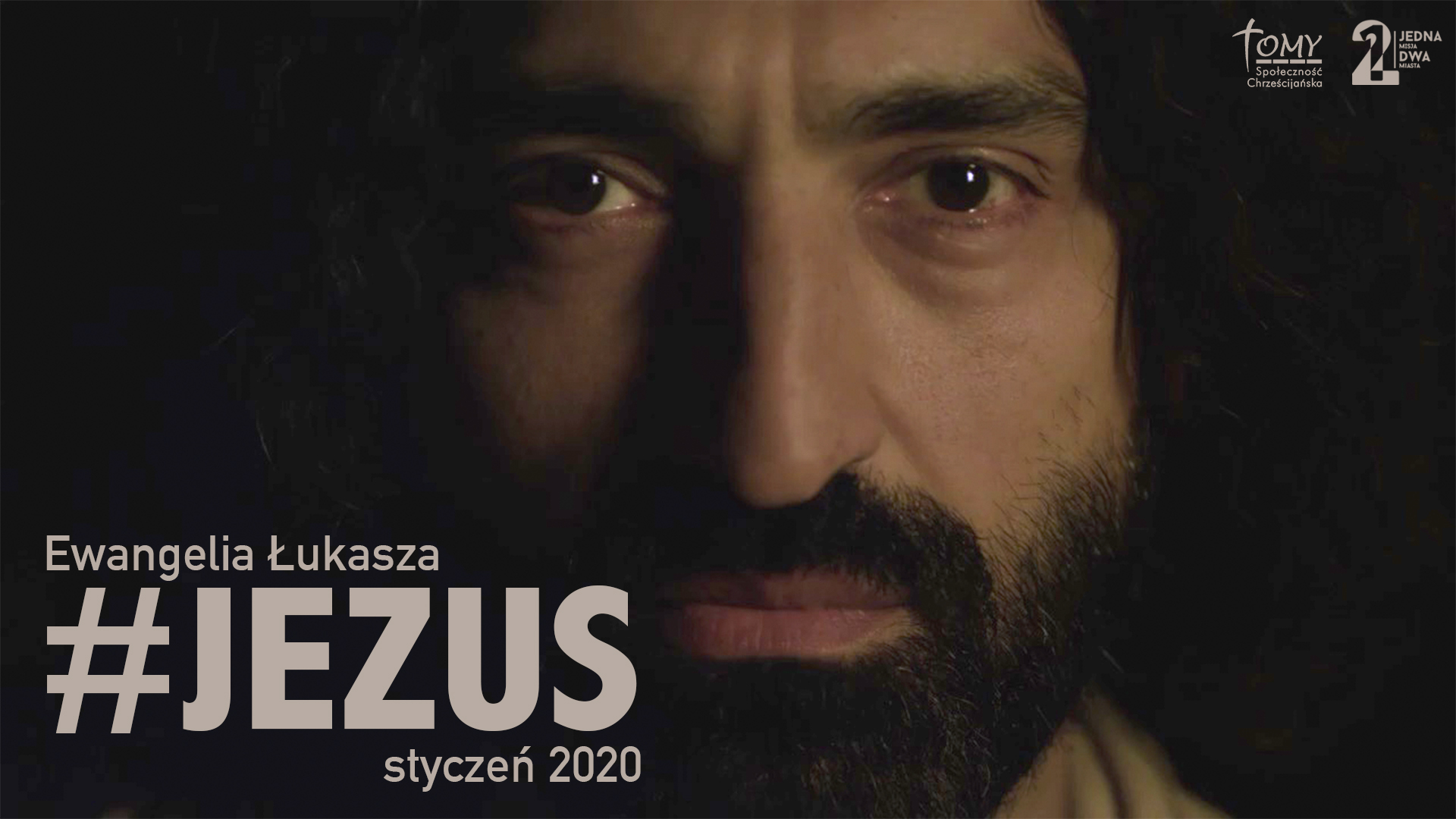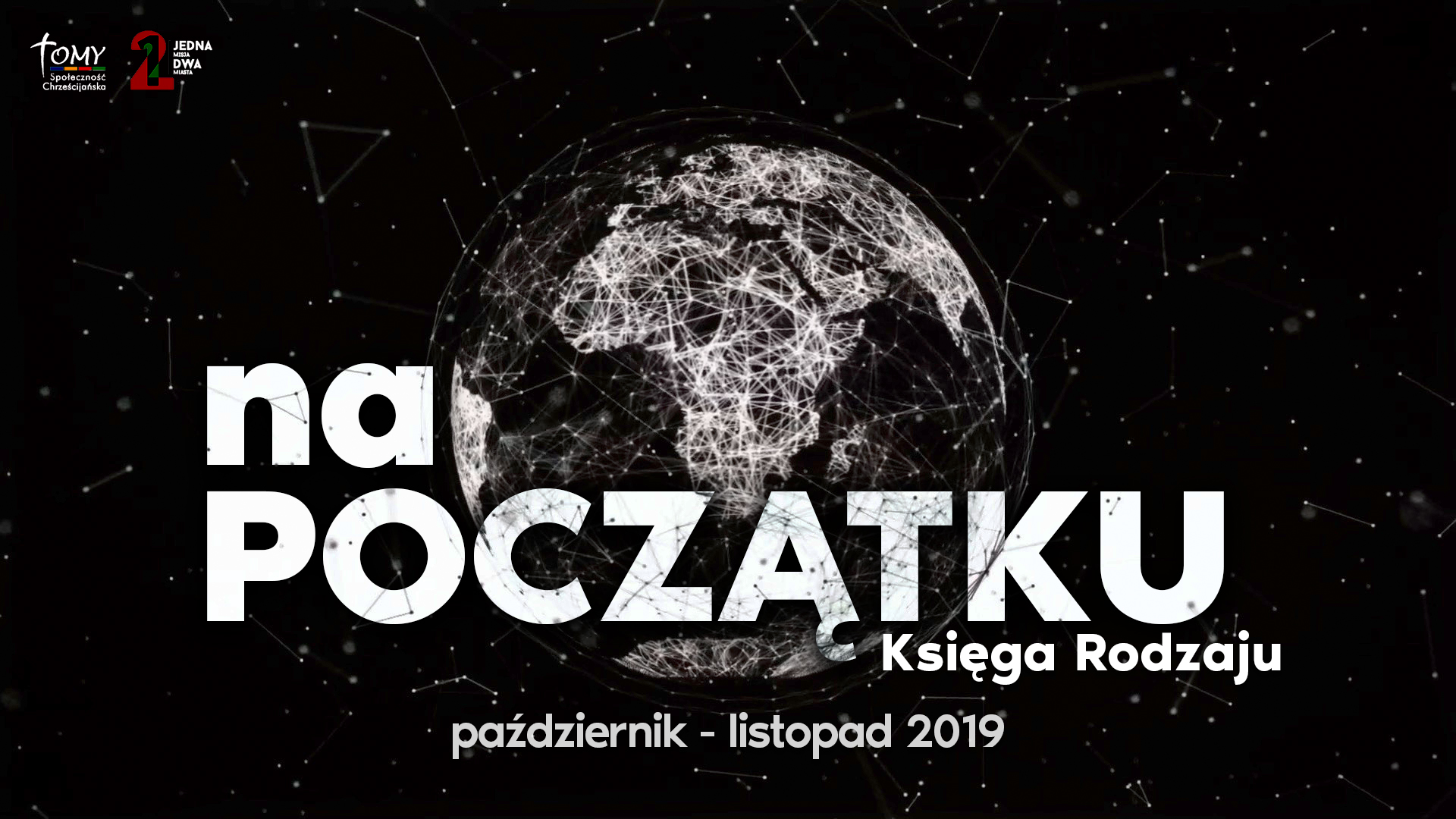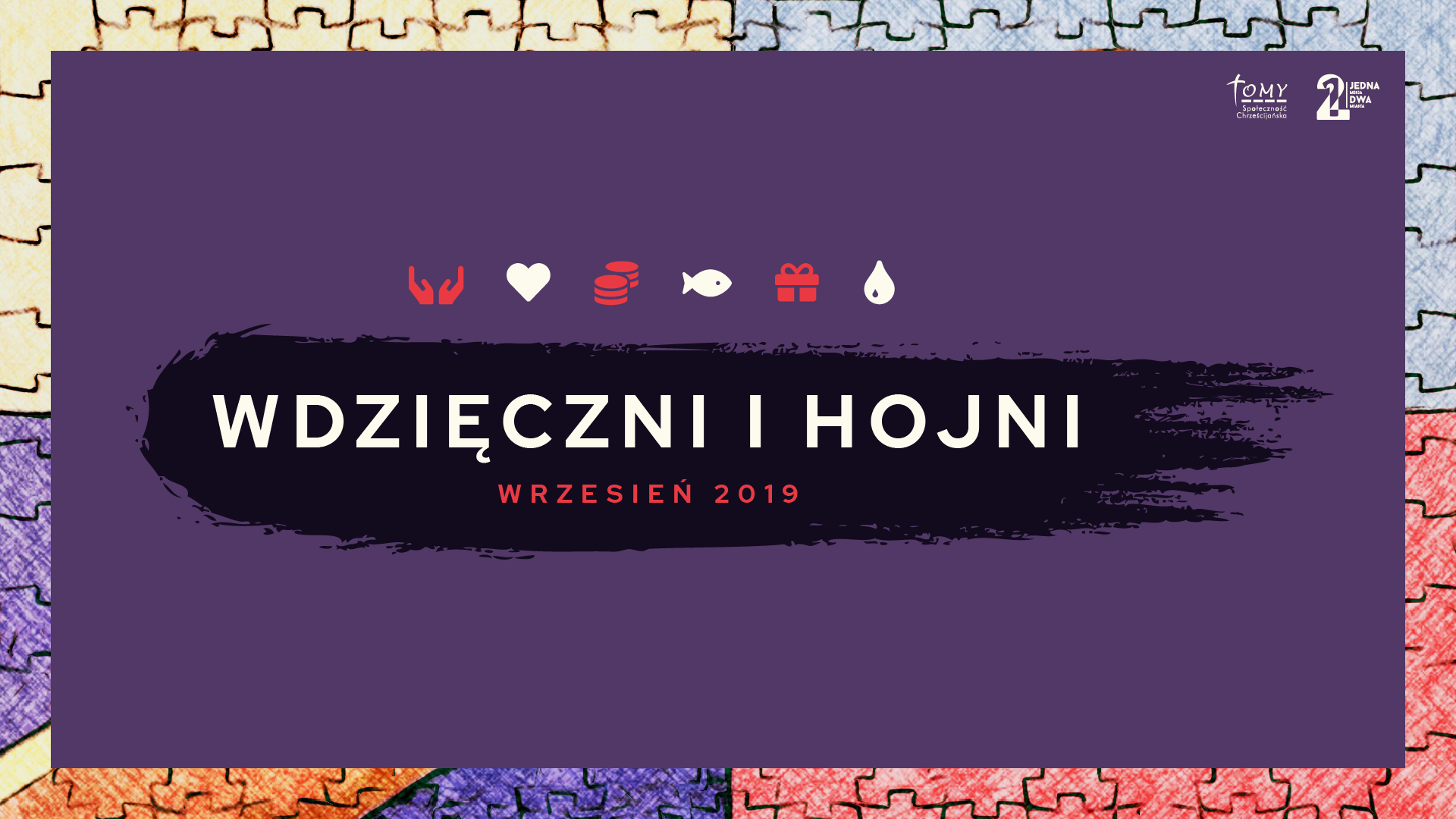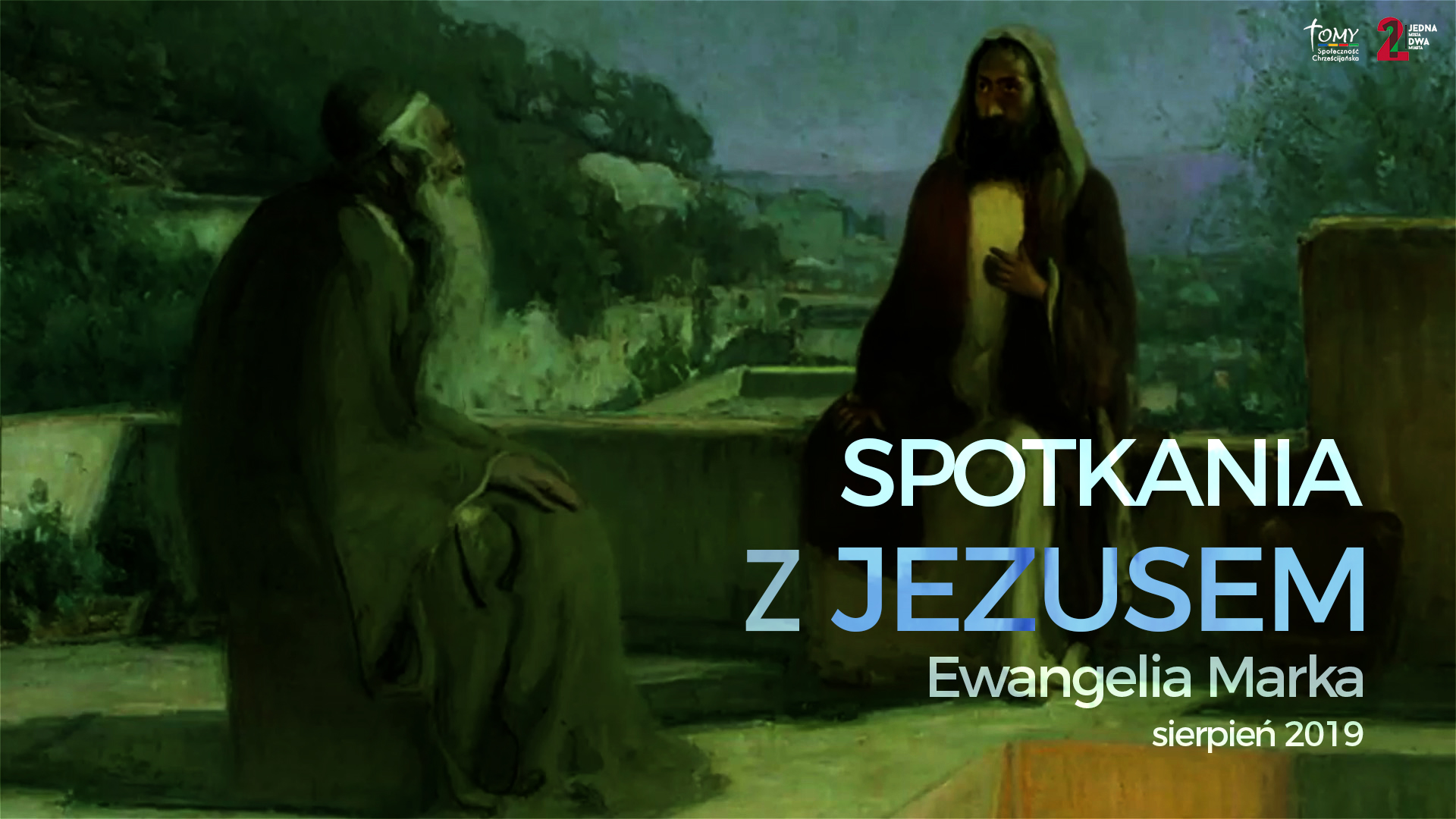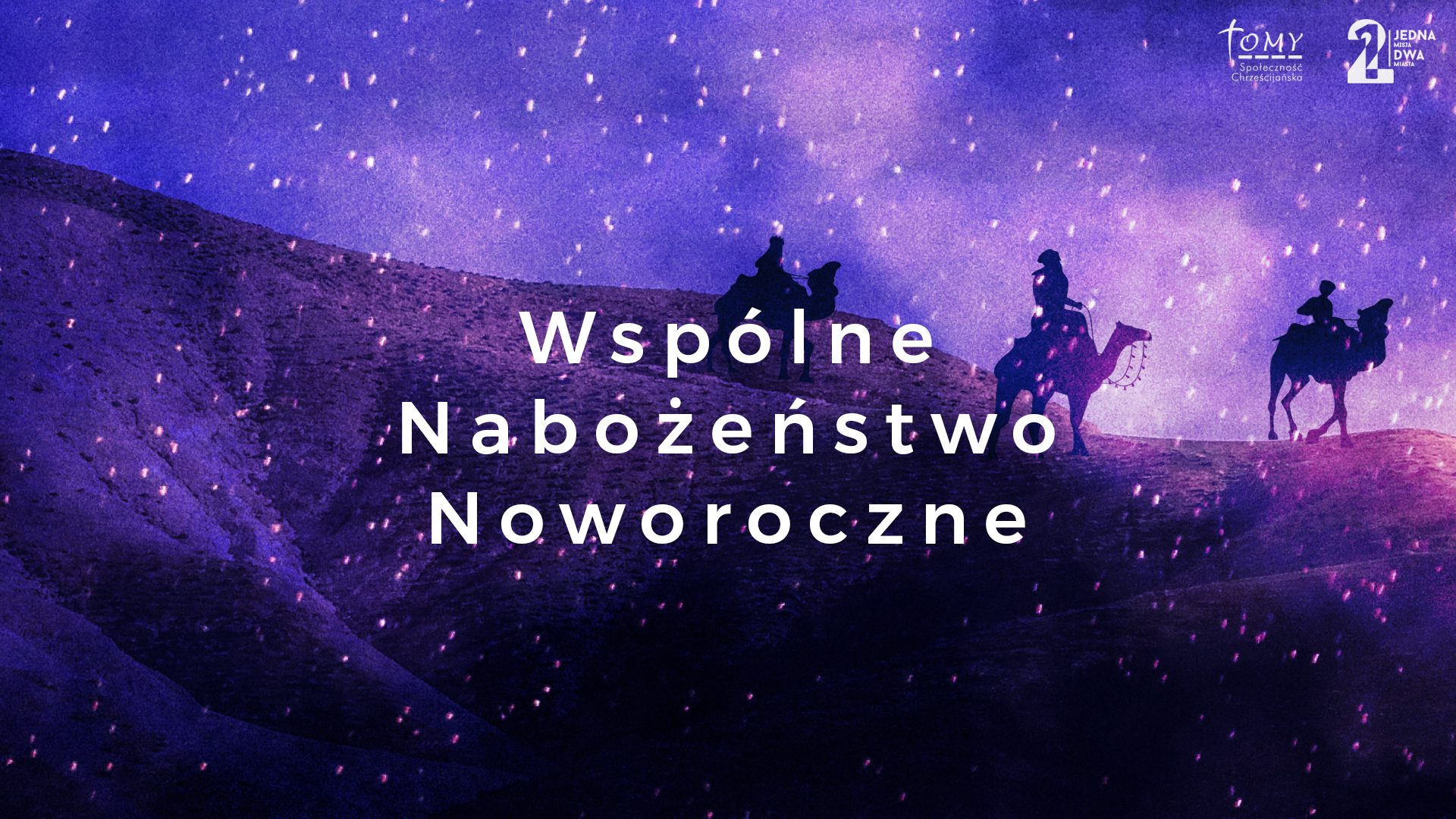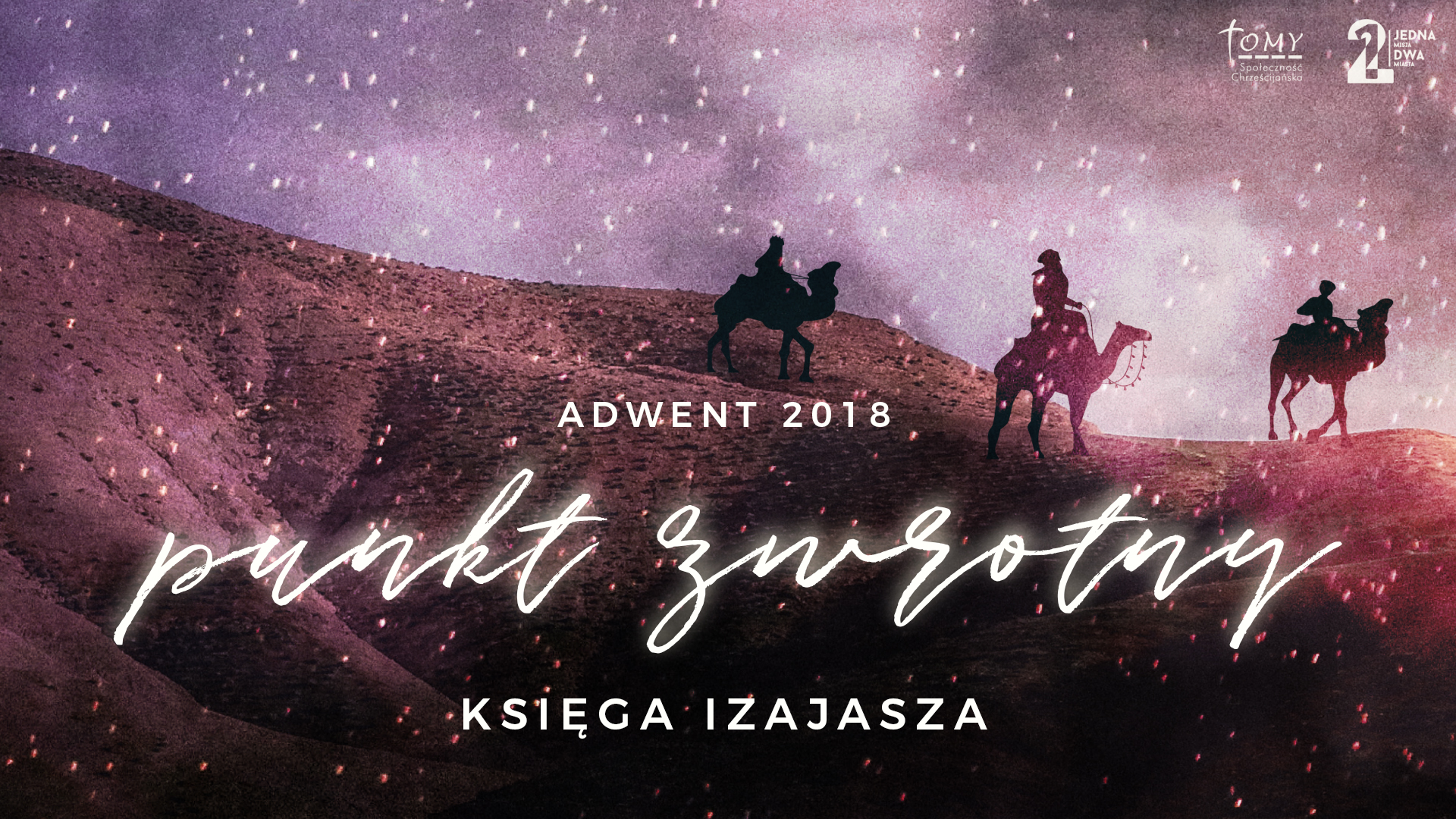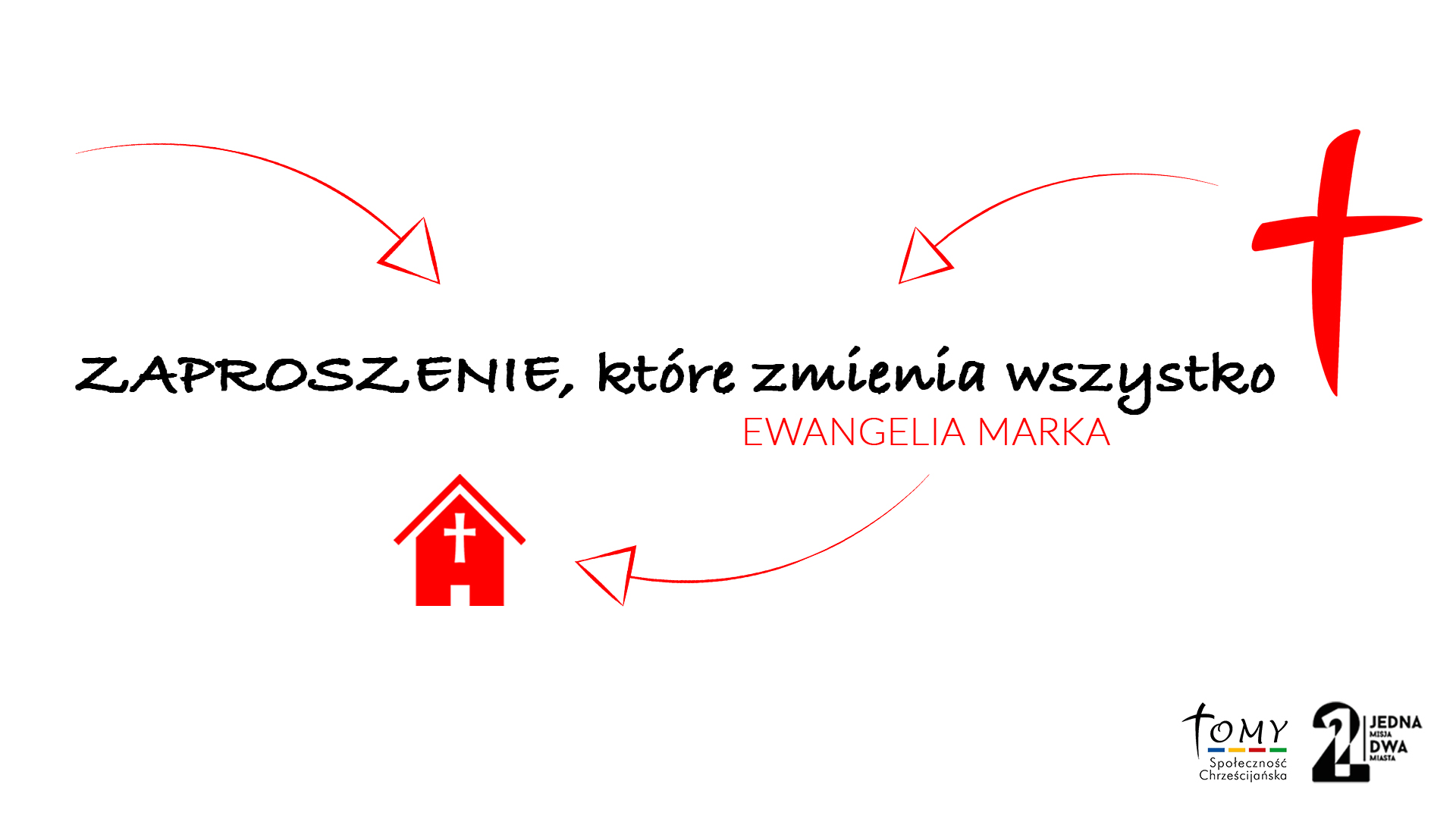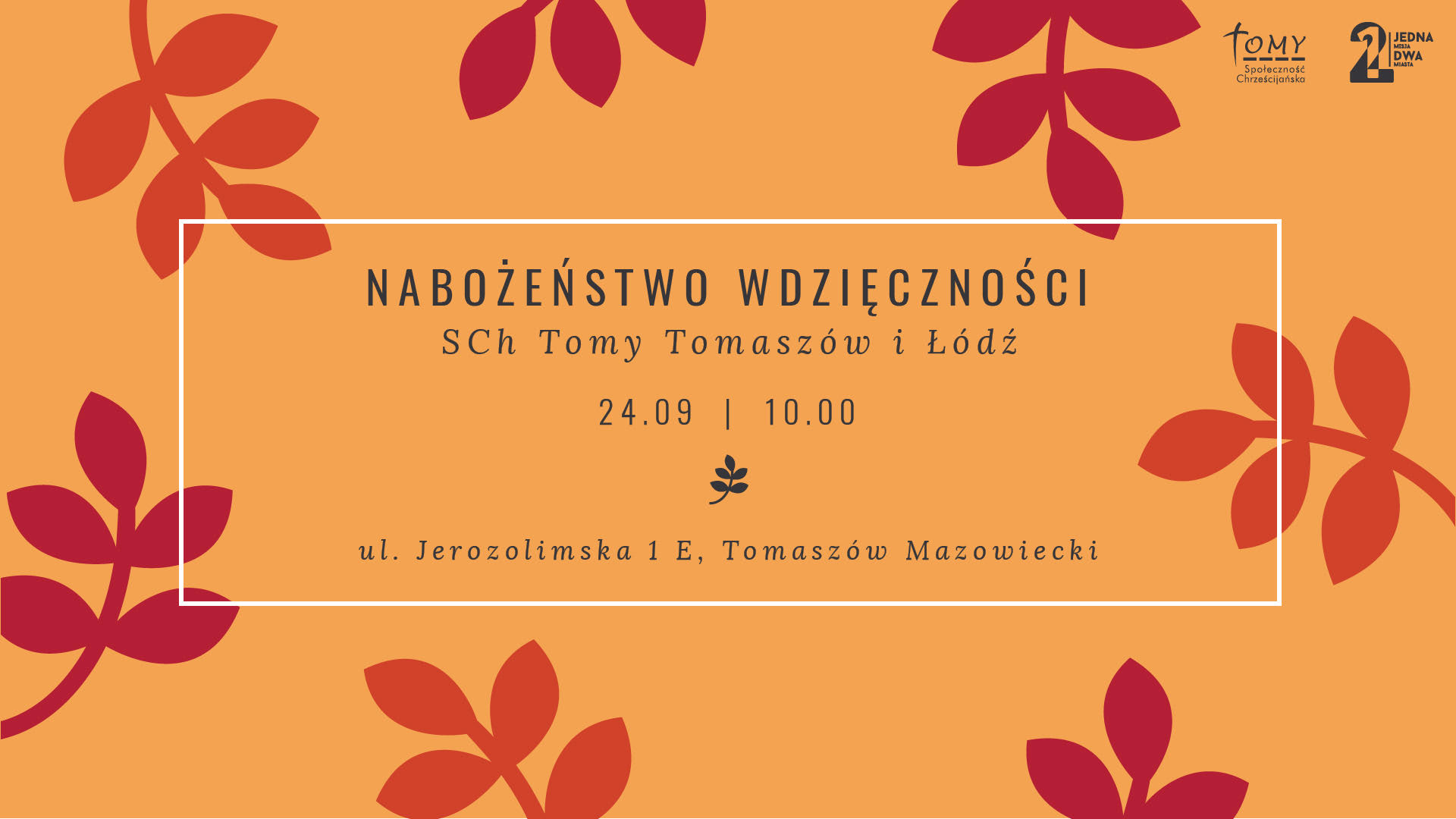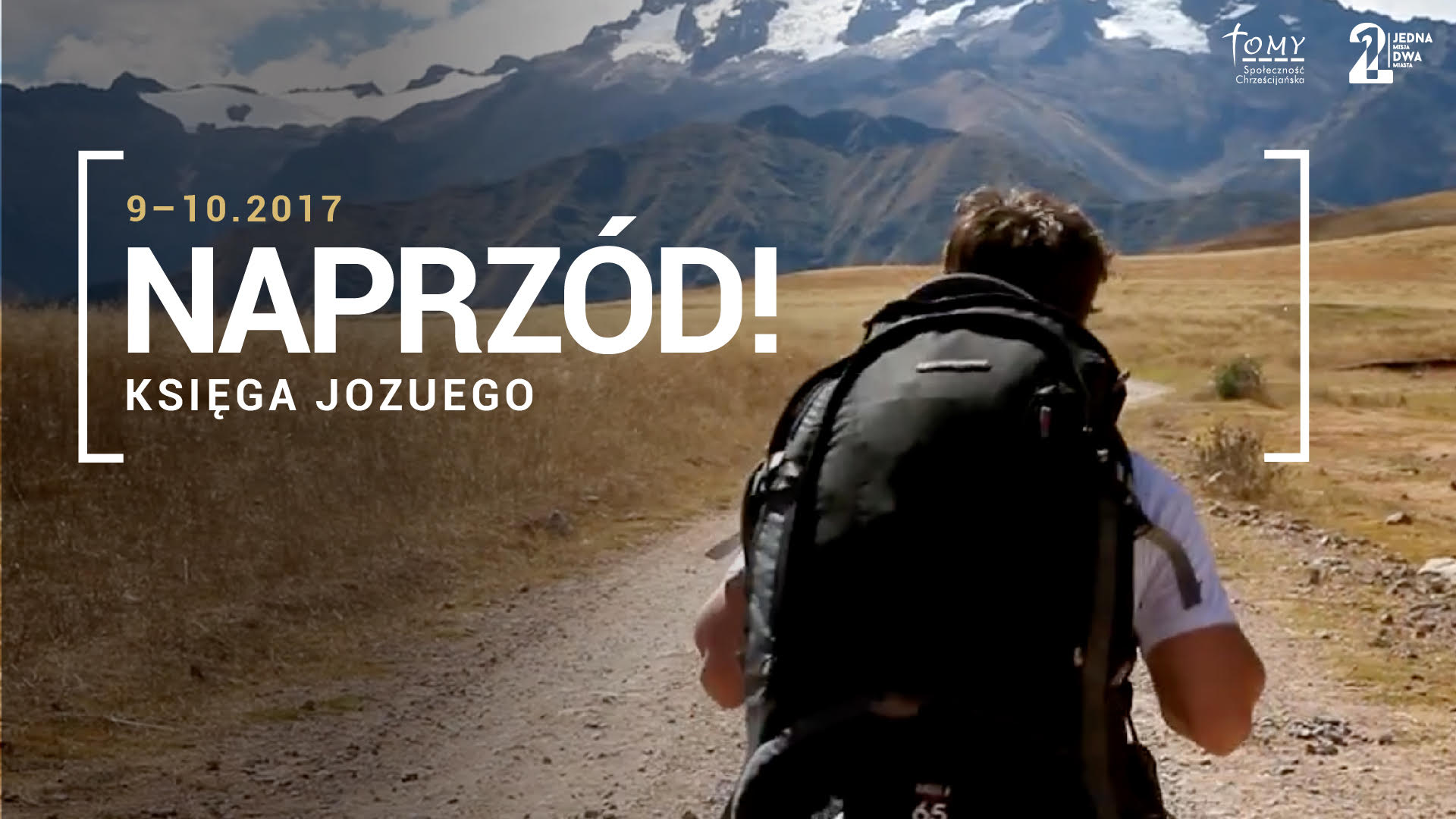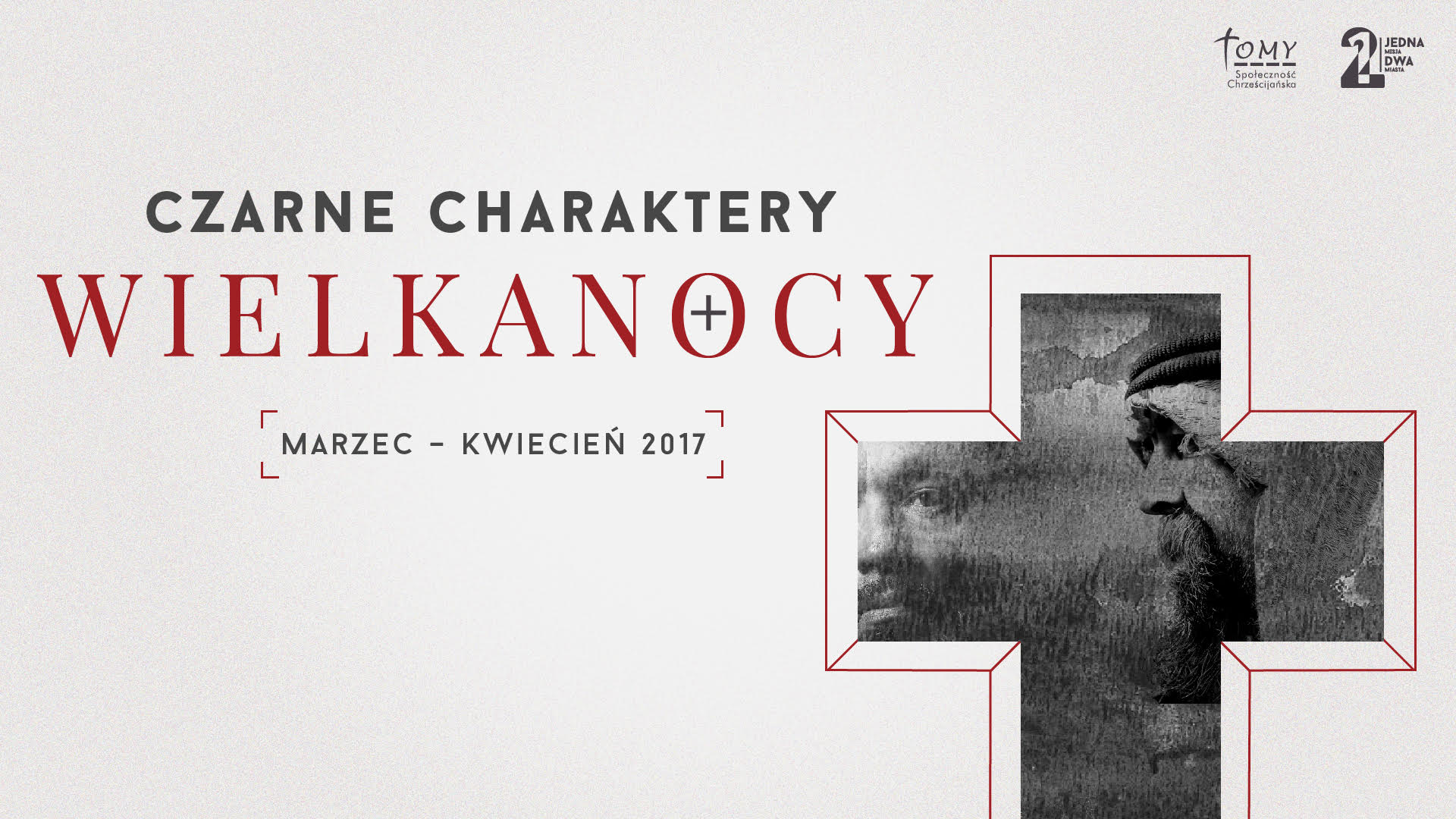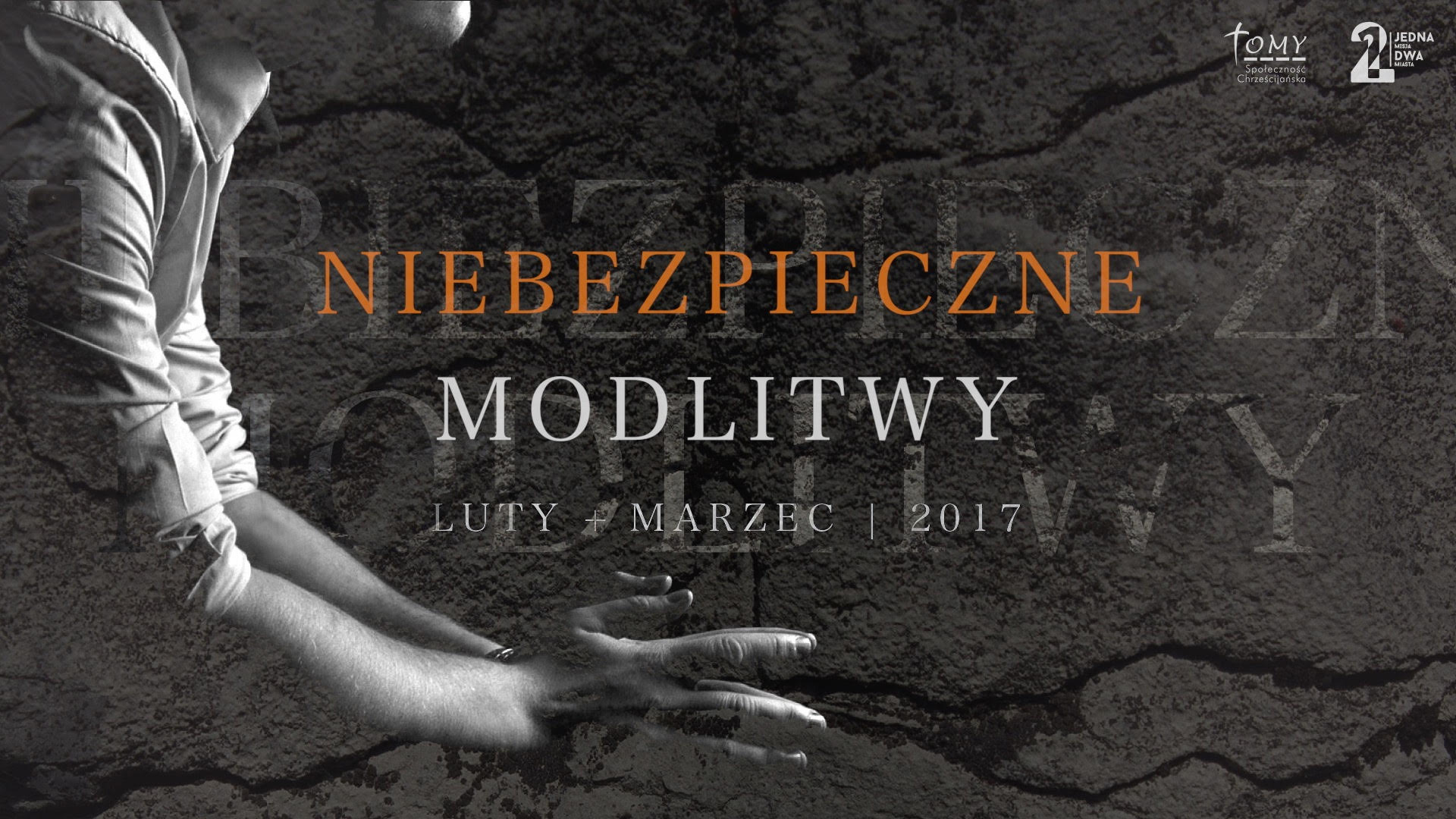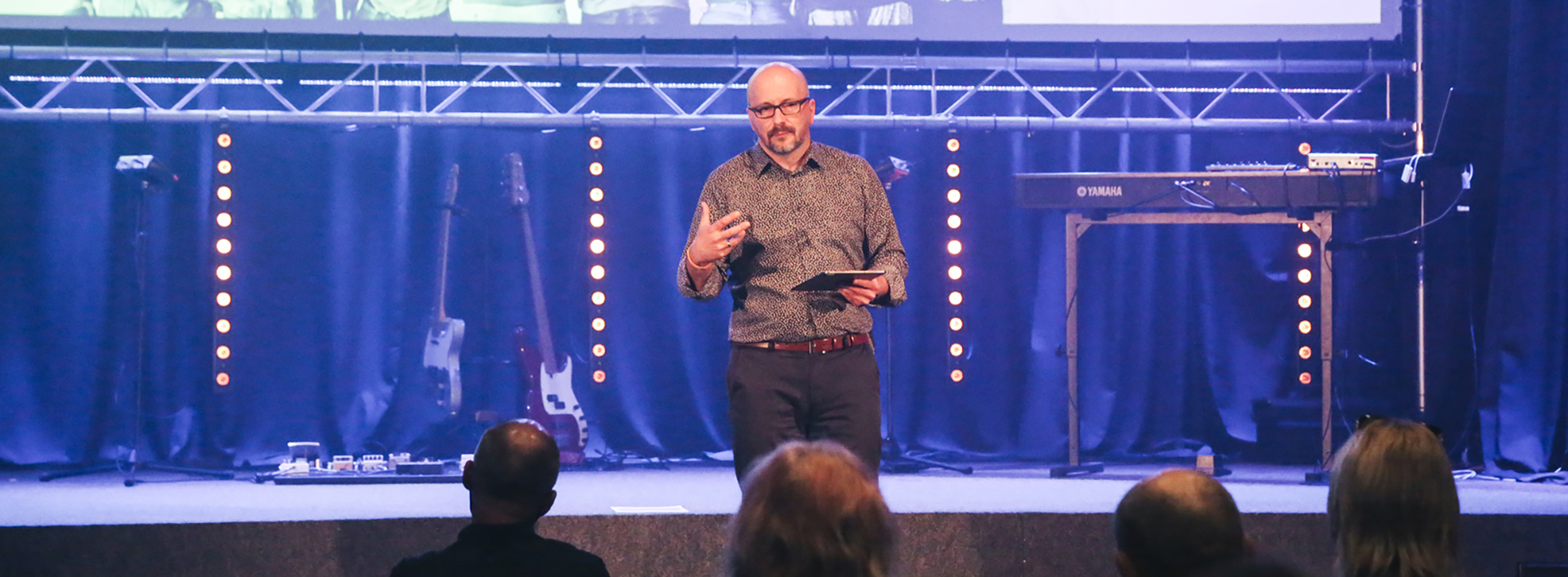
TEACHING
At the center of our life as a community is the teaching of the Bible. We invite you to watch and listen to sermons from our services.Kościoła nie wymyślił człowiek, ale to pomysł samego Jezusa. On doskonale wiedział, że nie można być chrześcijaninem w pojedynkę, ponieważ wszyscy potrzebujemy relacji. Dlatego, czytając historię o początkach Kościoła, chcemy na nowo przypomnieć sobie na czym polega nasza misja w tym świecie i przyjrzeć się kilku praktykom pierwszych chrześcijan, które służą budowaniu prawdziwej wspólnoty.
Większość z nas lubi historie z dobrym zakończeniem. Kontynuując naszą podróż przez Ewangelię Mateusza, odkrywamy, że nie tylko ma ona dobry koniec, ale też wiele mówi o końcu, który jest jednocześnie dobry jak i zaskakujący. Przed nami Zaskakujący koniec.
Jezus jest Królem innym niż wszyscy. On nie tylko wkroczył w naszą historię, ale chce dać się nam poznać poprzez to co robi i to co mówi. Dzięki Niemu możemy też dowiedzieć się jaki jest Bóg i czego od nas oczekuje. A kiedy poznajemy Jezusa, wtedy chcemy stawać się takimi jak On.
Czekaj na Króla
Kiedy patrzymy na świat z jego niesprawiedliwością społeczną, wyzyskiem i skorumpowanymi politykami, to chcielibyśmy, aby Bóg przyszedł jako Król i zrobił z nim porządek. Ewangelia Mateusza pokazuje Jezusa jako obiecanego Króla, który przyszedł na świat. Pierwsze jej rozdziały mówiące o Jego narodzinach pomagają nam zrozumieć, że to jest zupełnie inny Król, zupełnie innego Królestwa niż się spodziewaliśmy. Jest to jednak Król, którego potrzebujemy.
Siedem Kościołów Apokalipsy
Wzdłuż szlaku, po którym niegdyś dostarczano pocztę znajdowało się siedem kościołów Azji Mniejszej. To właśnie do tych wspólnot Jezus adresuje siedem listów, które znajdujemy w Księdze Objawienia. Wczytując się jednak w nie z uwagą odkrywamy, że ich przesłanie jest zdumiewająco aktualne i dotyczy całego Kościoła i wszystkich naśladowców Jezusa, którzy w różnych miejscach i okolicznościach oczekują na Jego powtórne przyjście.
Po co tu jesteśmy? Zapraszamy wszystkich …
Jako Społeczność Chrześcijańska TOMY: „Zapraszamy wszystkich do relacji z Chrystusem, który zmienia wszystko”. To proste zdanie przypomina nam o tym, po co tu jesteśmy i co robimy jako Kościół. Jako naśladowcy Jezusa nie tylko mieliśmy przywilej odpowiedzieć na Jego zaproszenie, nie tylko cieszymy się relacją z Nim i doświadczamy, jak nas zmienia, ale chcemy też to zaproszenie przekazać innym, aby oni też mogli poznać Jezusa i doświadczyć tego samego. Po to właśnie tu jesteśmy.
Czy nasza rozmowa z Bogiem coś zmienia? Słuchając modlitwy znanej nam jako „Ojcze nasz”, odkrywamy, że ona zmienia naszą perspektywę na świat i pomaga nam połączyć w życiu to, co powinno być połączone. Powtarzając słowa tej modlitwy, zaczynamy od rozmowy z Bogiem o Bogu, o naszej relacji. W drugiej części, rozmawiamy z Bogiem o nas samych i naszych relacjach z innymi. A celem tej całej rozmowy jest połączenie tych dwóch światów – tego, co w niebie z tym, co na ziemi. O to właśnie chodzi w rozmowie z Bogiem.
Tłumy, wszędzie te tłumy, a w tłumie trudno jest zauważyć pojedynczego człowieka i jego potrzeby. Czasem nawet chcielibyśmy zrobić coś dobrego dla innych, ale jest ich tak wielu i tak wiele potrzeb. Przecież nie damy rady pomóc wszystkim.
Jezus także często otoczony był przez tłumy, ale czytając Ewangelie widzimy jak świadomie poświęcał On uwagę jednostkom. Nie tylko widział tłum, ale pojedyncze osoby, ich historie i problemy dając nam przykład jak kontynuować Jego misję. Ktoś trafnie kiedyś powiedział: „Zrób dla jednego, co chciałbyś zrobić dla każdego”.
Jak budować relacje na różnych etapach znajomości? Jak przejść od etapu poznawania się, przez decyzję o wspólnym życiu, kryzysy i dojść do dojrzałego związku? Jeśli chcesz się o tym dowiedzieć, to nie możesz przegapić naszej nowej serii nauczania z Księgi Pieśń nad Pieśniami. Jest to księga, która od wieków budziła emocje, ponieważ opisując relacje pomiędzy kobietą i mężczyzną, wiele miejsca poświęca urokom fizycznej intymności. Choć powstała w starożytności, jest zdumiewająco aktualna.
Relacje nie są łatwe, bo żyjemy MIĘDZY POMIĘDZY bardzo różnymi ludźmi. A Kościół to miejsce spotkania osobowości, kultur, przekonań i pokoleń, które nie tylko muszą nauczyć żyć ze sobą, ale też powinny uczyć się od siebie nawzajem. Jak więc budować relacje z ludźmi innymi od nas i czerpać z tej różnorodności żyjąc MIĘDZY POMIĘDZY innymi?
Ostatnia Wieczerza to szczególny posiłek, jaki Jezus jadł razem ze swoimi uczniami tuż przed Jego śmiercią. Ta kolacja była pełna emocji i symbolicznych gestów. Padło wtedy wiele ważnych słów. Jezus przygotowywał uczniów na swoje odejście. Chciał im pomóc odnaleźć się w świecie, w którym choć Jego fizycznie nie będzie, to ciągle będzie obecny.
Ktoś mądry zauważył, że w życiu często bardziej potrzebujemy przypominania tego co już wiemy niż uczenia się o tym czego nie wiemy. Dlatego właśnie mamy okazję przypomnieć sobie, że bycie chrześcijaninem polega na relacji z Bogiem i relacjach z ludźmi. Jak te relacje powinny wyglądać i co z nich wynika? Na te pytania odpowiemy sobie w serii nauczania: TO PROSTE!
Żyjąc w teraźniejszości czasem łatwo jest zapomnieć o wieczności i żyć tak jakby to, co jest tu i teraz było wszystkim, czego możemy się spodziewać. Jednak Apostoł Paweł, w swoim 1 Liście do Tesaloniczan, choć pisze o bardzo codziennych sprawach, to nieustannie przypomina swoim adresatom o wieczności i każdy rozdział tego listu kończy odniesieniem do powtórnego przyjścia Jezusa. Robi tak dlatego, że choć żyjemy w teraźniejszości i zmagamy się z tu i teraz, to możemy się uczyć patrzeć na swoje życie, codzienne zmagania i wybory codzienność z perspektywy wieczności, a to wszystko zmienia.
Revelation awakens many emotions. Although many think otherwise, it doesn’t contain a coded script of the future but helps us change the way we look at the present. It speaks of the problems and challenges Christians have faced across the ages and with which we struggle today. All so that we might walk daily in the knowledge we are ready for the seconding coming of Jesus.
We live in a world where the strong often win and hold power. Is there hope for those whose voices aren’t heard or don’t have the strength to stand for themselves? Exodus is the story of God entering history in order to create from a group of slaves a nation of His people — giving them a new identity and teaching them to live daily in His presence. Isn’t that exactly what we all need as we journey through life?
In this series as we focus on different character traits and values, it is vital to remember that our lives are lived in the context of the fruit of the Spirit. Our character is a direct result of God’s Spirit in us, not a result of our hard work, and is related to our reliance on His power in us. It’s not about trying harder to be more loving, joyful, or patient, it’s about our being more submissive to God as He changes us through the visible fruits of the Spirit.
Sometimes we discover that what is most important is invisible, or better, the One who is Invisible. When Jesus left this earth, He promised to sent an Invisible Counselor, the Holy Spirit living in us. Who then is this Holy Spirit and how does He work in our lives? How are we filled with the Holy Spirit and how do we take advantage of His gifts. How should we think about and understand the miraculous appearances of the Holy Spirit? Our new series, Invisible, will attempt to answer these questions and much more.
Sometimes when life gets difficult and God seems to be silent, we wonder if our faith is at all meaningful or if we should begin looking for something better. Those who first read Hebrews faced similar questions. The letter’s author, however, shows that Jesus is both greater and more amazing than anything that had come before Him. As we begin a new series based on the fascinating letter called Hebrews, we hope you’ll also discover that Jesus is simply the best!
The epidemic has in many ways provoked tensions and problems between children and their parents. Some of us are wondering how to survive with each other under one roof. In this new series we’ll not only talk about how to respect and treat each other, but even more importantly, we’ll deal with our responsibility to infect the next generation with love for God and others.
Being a disciple of Jesus is the single greatest challenge of our lives. It begins with changes in our own lives and flows into our relationships with others in our homes, with friends, and in our churches. In this series, we want to help people see the different aspects of being a disciple in the context of the relationships which are a part of life.
Jesus Christ is such a unique character that it is difficult to find one way to describe who He is and what He did. As we prepare for another Christmas season, we want to look at Jesus from four different Biblical perspectives. We’ll look at the perspective of a prophet, evangelist, theologian, and visionary. Our hope is that these four perspectives of Jesus will not only help you to see Him in a new way but will ultimately help you to change your perspective on life.
Who is Jesus? At the beginning of his ministry, as Dr. Luke describes in the pages of his Gospel, Jesus doesn’t teach or say too much but he acts, and what he does shows us who He is and the mission he came to fulfill.
Many dream of a new beginning in many areas of life. That’s why we’re looking at Genesis, a description of the beginning of everything. We not only discover where we come from but also how to begin again when we fail.
Thankfulness and generosity are often connected to each other. Joyful people are usually thankful people. The more thankful and joyful we are, the more we want to share with others — in order that they too might share in our joy. So, how do joy and thankfulness appear in our lives? That’s exactly what we’d like to talk about in the series, Thankful and Generous.
There are certain meetings which change one’s life. Suddenly we begin to see the world differently. We find answers for our questions and doubts. We experience encouragement and support in tough moments. We discover we aren’t alone. If meaningful changes happen in our lives when we meet people, how much more could meaningful change happen…if we meet with Jesus?
We all love to listen to colorful stories, especially those that tell real life stories about real people. SAGA is a sermon series about David's life starting with when he became king. We particularly want to take a closer look at his family and the relationships he had with his loved ones, because the choices we make everyday affect not only us, but also those around us.
Confrontation! Some people are afraid of it and others love it. However, no matter how we perceive the confrontation, it is part of our lives and sometimes necessary. Therefore, in order to learn wisdom in confrontation, we reach for the teachings of Jesus, which we find in the Gospel of Matthew. In the sermon on the mount, we can learn how not to run away from problems and difficult situations, but to face them in wisely.
Our worship services are not complicated in form, which does not mean that we don’t need to stop for a moment and thing about the meaning of the individual elements. This will help us experience each service at a deeper level and consciously cultivate your relationship with God and His Church.
"No man is a island, entire of itself" remarked John Donne, a British poet. However, although we live in a crowded world, many people live in loneliness. Others have some relationships, but they wonder if it wouldn’t be easier for them to be lonely islands. Our new sermon series, based on Paul’s letter to the Ephesians, shows how the fact that we believe in God, who is in three Persons, impacts our relationships with other nationalities, and our family and social relationships. Because of this letter, we discover that life is #bettertogether.
When we get stuck in our journey through life, we finally realize that we need a turning point and a new beginning because we can’t deal with the problems that we have . The turning point is Jesus Christ. His coming changed the course of world history and was the beginning of the New Era. Therefore, He alone can change the course of any person’s life and open a new chapter in his life. The turning point is ahead of us.
In today’s of many different opinions, many ideas for life and voices that demand our attention, we are faced with the question: Whom do you listen to? The story of Elijah, one of the ancient Israeli prophets, will help us not only to understand who to listen to and how to listen in order to hear, but also how to speak so that others can hear.
We do not go to the Church only on Sunday, but we are the church throughout a whole week. In his Letter to Titus, the Apostle Paul reminds us of our task and of what the Church looks like when it’s growing toward maturity. So what does it mean to be a church 24/7 – 24 hours a day, seven days a week?
Some invitations change everything. That is the invitation that Jesus addresses to each of us, that we follow in his footsteps and follow him. However, this invitation does not end with us, but we are also to invite others to a relationship with Christ. So what can we do to be people who not only change themselves in response to the invitation of Jesus but also invite others?
No one wants to live a foolish life, that’s why this summer we are looking at life and the wisdom of the wisest of the kings of Israel – Solomon. We don’t only want to know the history of his reign, but also discover the timeless wisdom hidden in his parables. And that’s all we need to know for how to live wisely.
People dream about living a full life and search for it in various places. However, if you want to really live, then you must discover that it is possible only when you build a healthy relationship with God and people, both those close to us and those further away. So, what should we do to really live?
In life, we go through various experiences and experience different emotions. Sometimes it seems to us that nobody understands us because we are the only ones who struggle with them. Sometimes, we also ask ourselves the question ‘Why me?’. However, when we reach for the Bible, we can see our struggles from a different perspective. What’s more, we discover that our experiences are nothing new because many people have passed through them and many Christians go through them now – we are not alone. Easter Sunday
When Jesus taught, he would often tell simple stories, called parables. They resemble IMAGES of everyday life. However, when the listeners looked at them closely, the IMAGES became MIRRORs in which they could see their own faces. And when they continued to look at them, the MIRRORS became WINDOWS through which they could look at life from a completely new perspective, because in these stories, somewhere IN BETWEEN THE LINES, there are important lessons about God and life.
In life, it is easy to fall into apathy and stop expecting positive changes. However, in life with God there is always MORE, and because of Him we can discover that there is more than what is here and now, more in our relationship with Him and with people, and we always have more to give ourselves. So if you want a life in which HE IS MORE, you can not miss this series of sermons.
The coming of Jesus into the world is the most important event in history. Reading his story, we discover that he came into the world of very ordinary people. His ancestors had complicated stories. His birth turned his family’s life upside down, caught the attention of foreign thinkers and terrified the local authorities. The world of Jesus, though distant, is not so different from our own.
The 500th Anniversary of the Reformation is an excellent opportunity to remind ourselves of the biblical foundations that are the foundation of the evangelical church. In discovering them anew, we will go to the Letter to the Romans, which was not only an inspiration for the Reformation but also answers the most important question: How can a person be saved?
We want gratitude to become our lifestyle in our everyday life. That is why we value occasions when we can take a moment to notice how much we receive from God and thank Him for it. This year, during our celebration, we hosted the Bishop of the Christian Church of Poland, pastor Andrzej Bajeński.
Life is changing, and we’re facing new challenges, and some of them seem to overwhelm us. In order to better face these challenges, we can go to the Book of Joshua, which tells how the Israelites, though they did not feel prepared for it, had to enter their desired Promised Land. It turns out that when we go forward, the most important thing is who we go with and who we listen to.
If life is like a journey, then during this life, we go through various stages. It all starts with choosing a life path. Some travel alone along these roads and others in a duet. At some point, children appear, and we become parents. Then we find ourselves on some crossroad in our lives, until finally, we have to face the last straightaway, that is, old age and death. So how do you travel through life, so you do not get lost? Is it really …to be continued?
Miracles have fascinated and attracted attention for centuries- regardless of whether they were wonders of architecture, nature or supernatural phenomena. Reading the Gospel of John, we discover that John telling the story of Jesus focuses on the seven miracles that show who Jesus really is. These miracles surpass all the others we know because they are out of this world and their effects reach into eternity.
The events of Easter would not have occurred if it were not for a group of villains. Sometimes, however, when we get to know these figures closer, we discover that their attitudes towards Jesus can also be observed today. The longer we look at them, suddenly we start to see in them, like in a mirror, our own faces. Are you ready for it? If so, we invite you to travel with us through the last chapters of the Gospel of John.
What can be dangerous about prayer? If prayer is a conversation with God, some of these conversations can change more than you expect. When you say to God, who are you, Lord, examine me. Speak to me, Lord, and let Your will be done – God treats these prayers seriously and begins to change your life. Do you dare to have such a conversation with God?
If you want to know more about who we are as TOMY Christian Church, what is important to us, where we are going and what kind of church we want to become, then you can not miss the TO MY series of sermons. This is a great opportunity to get to know us.


